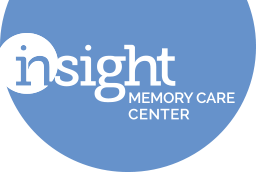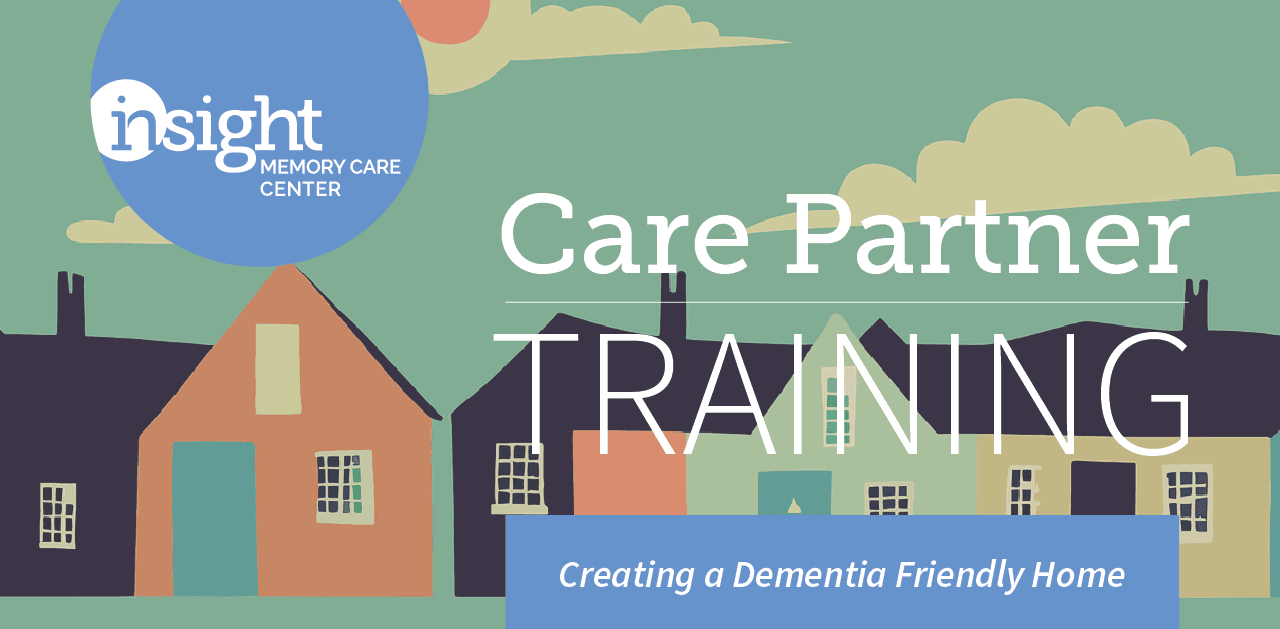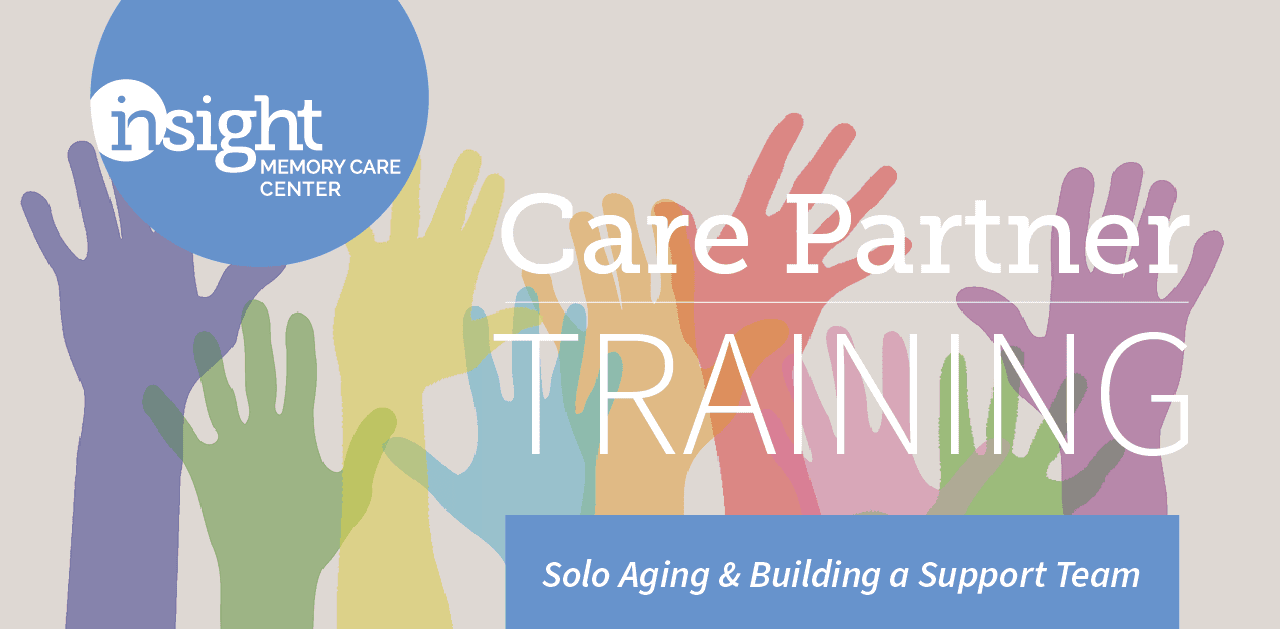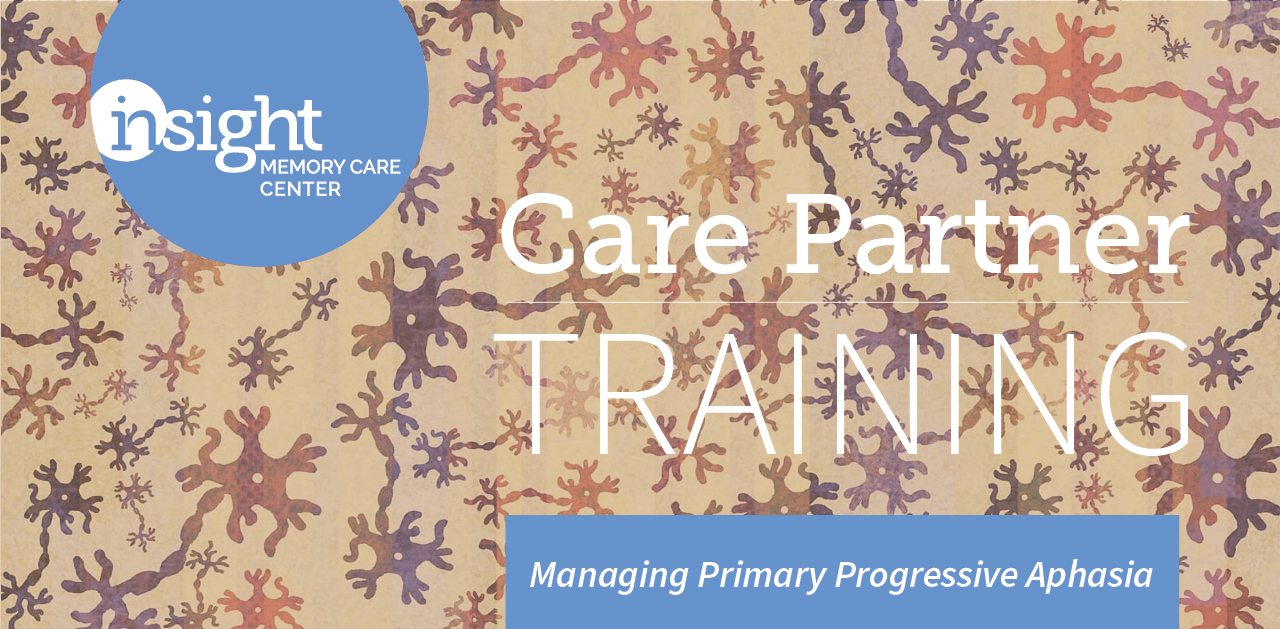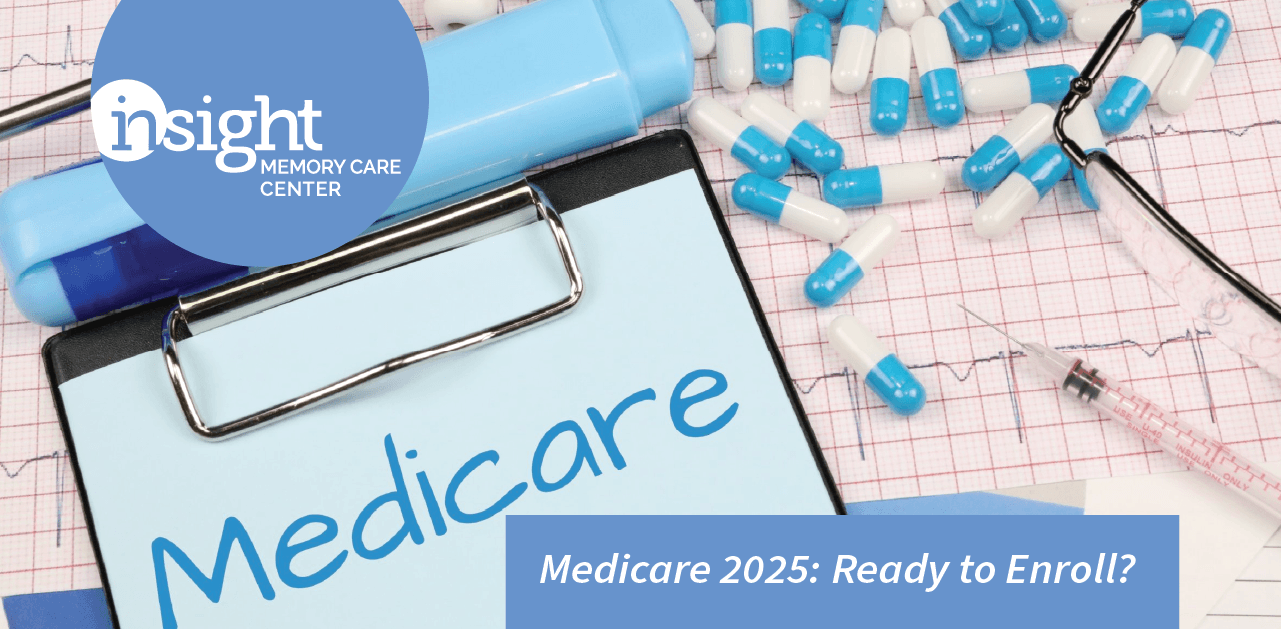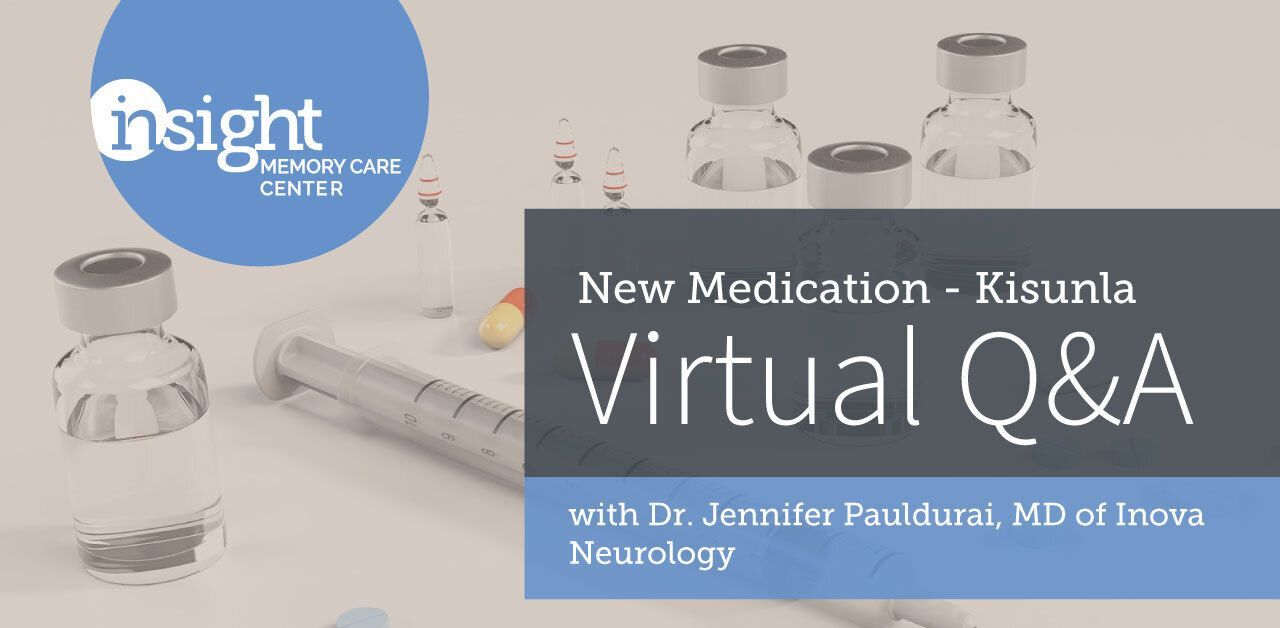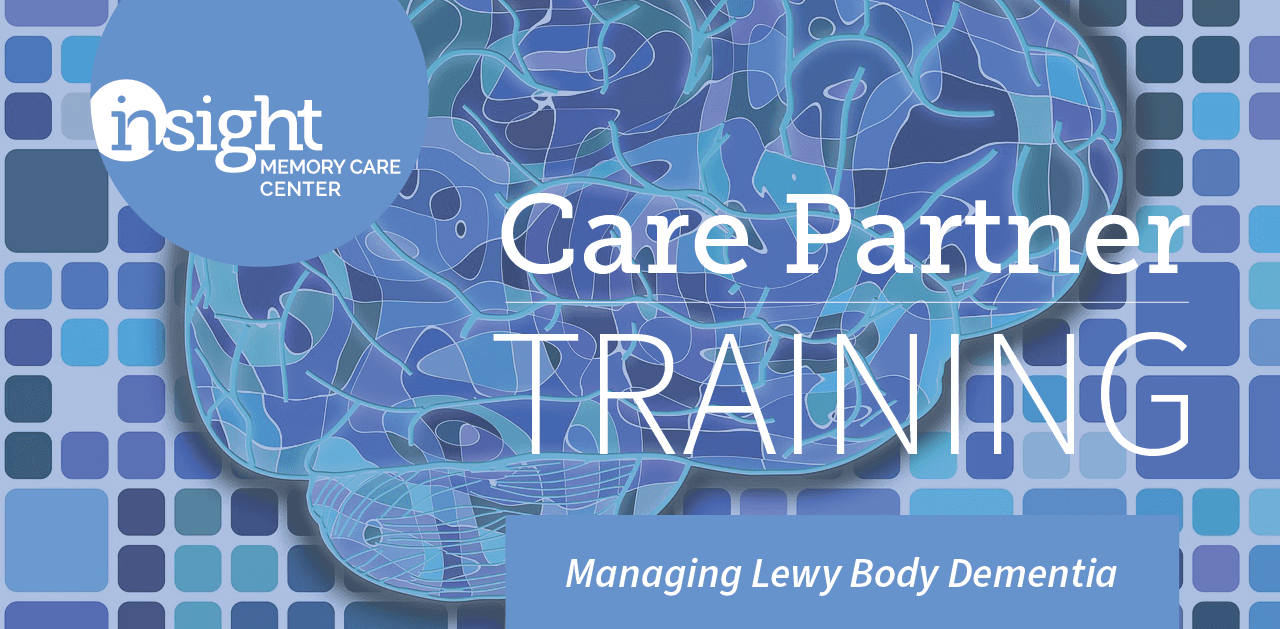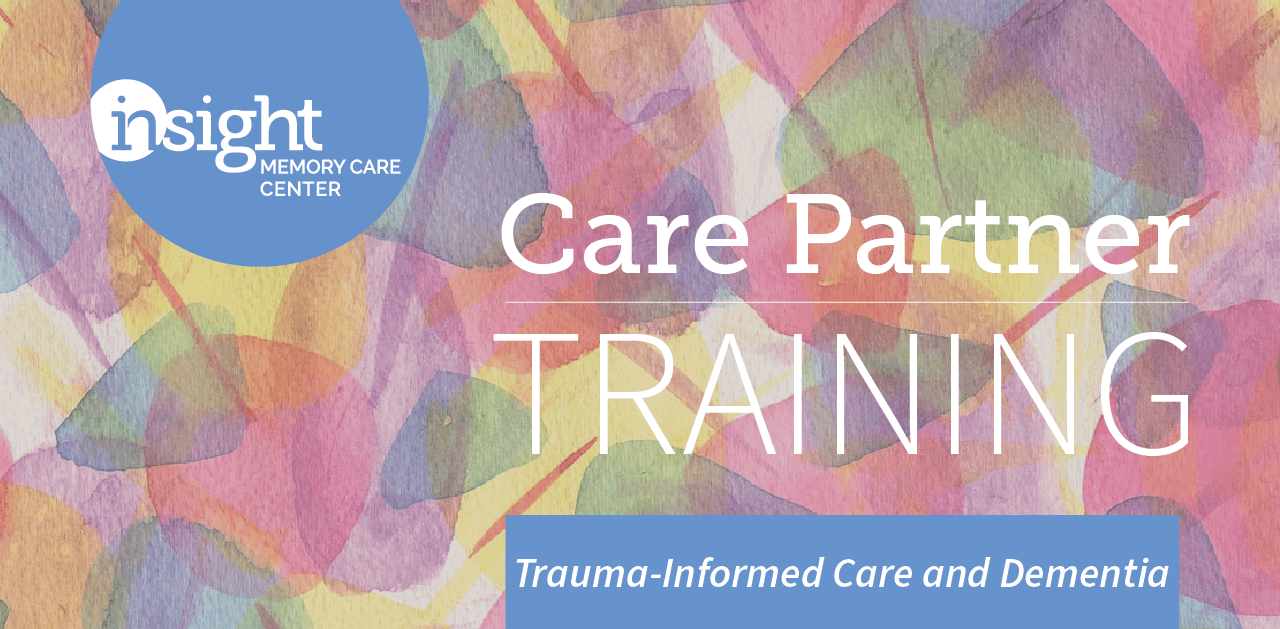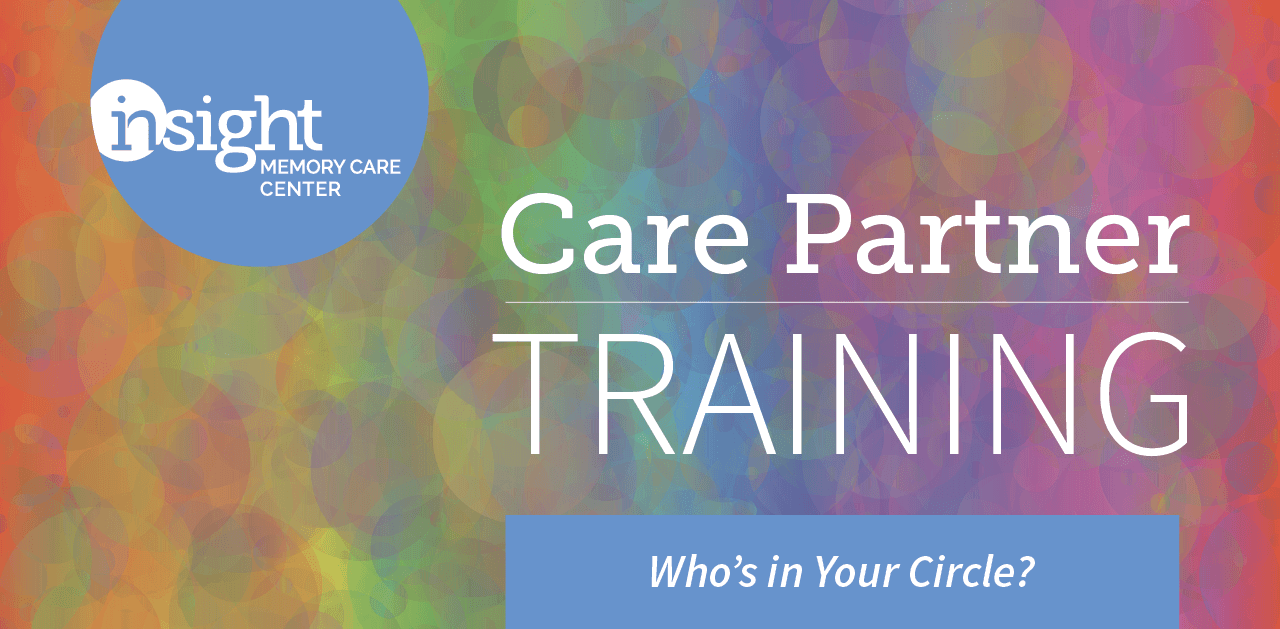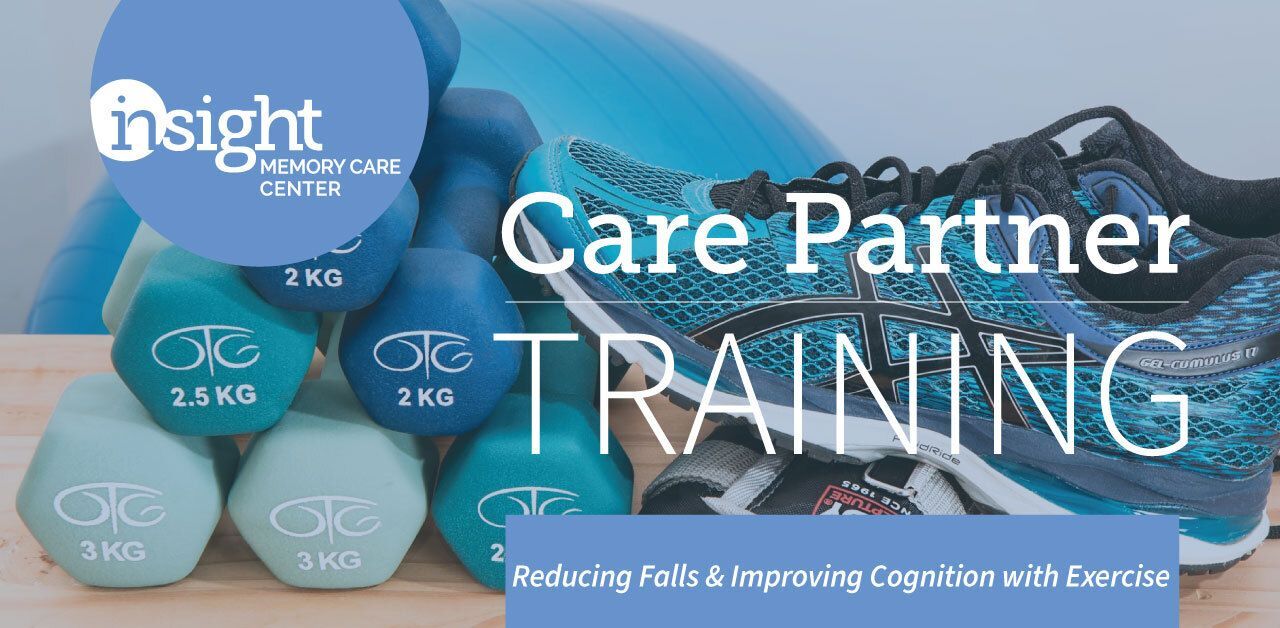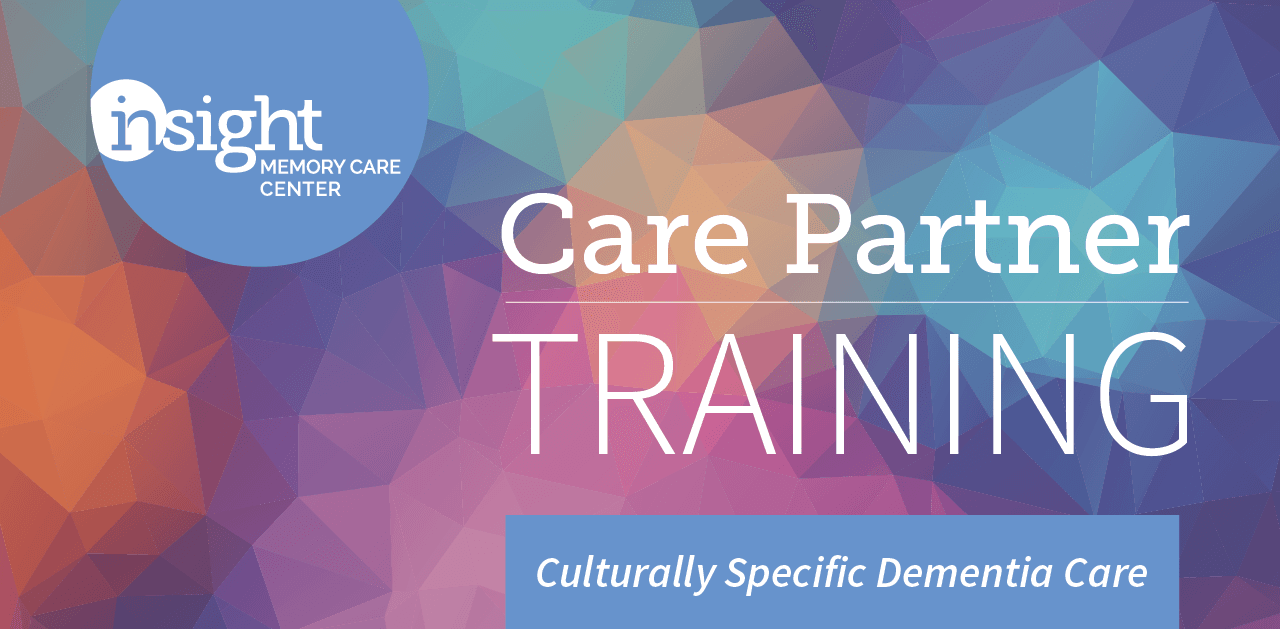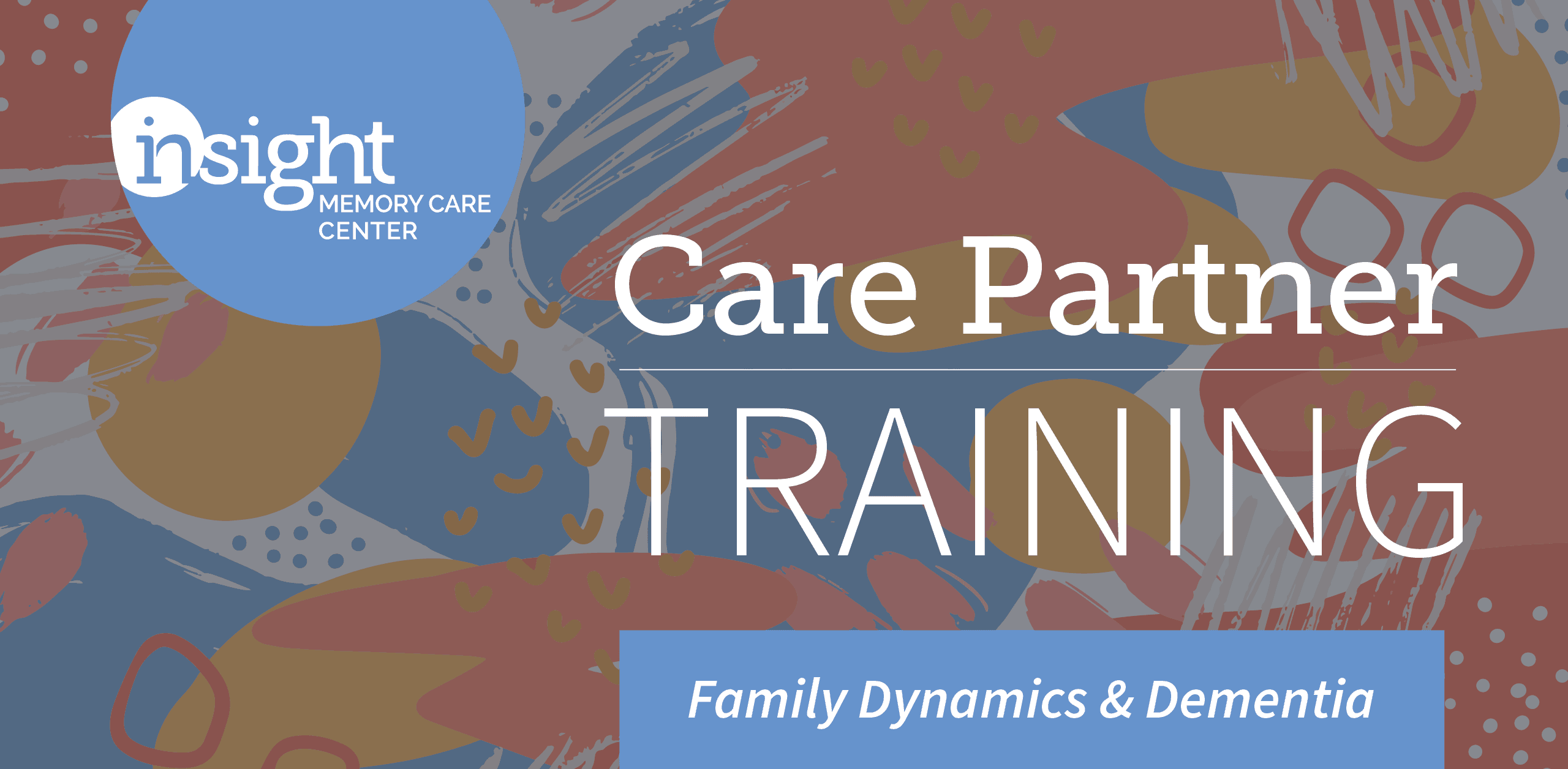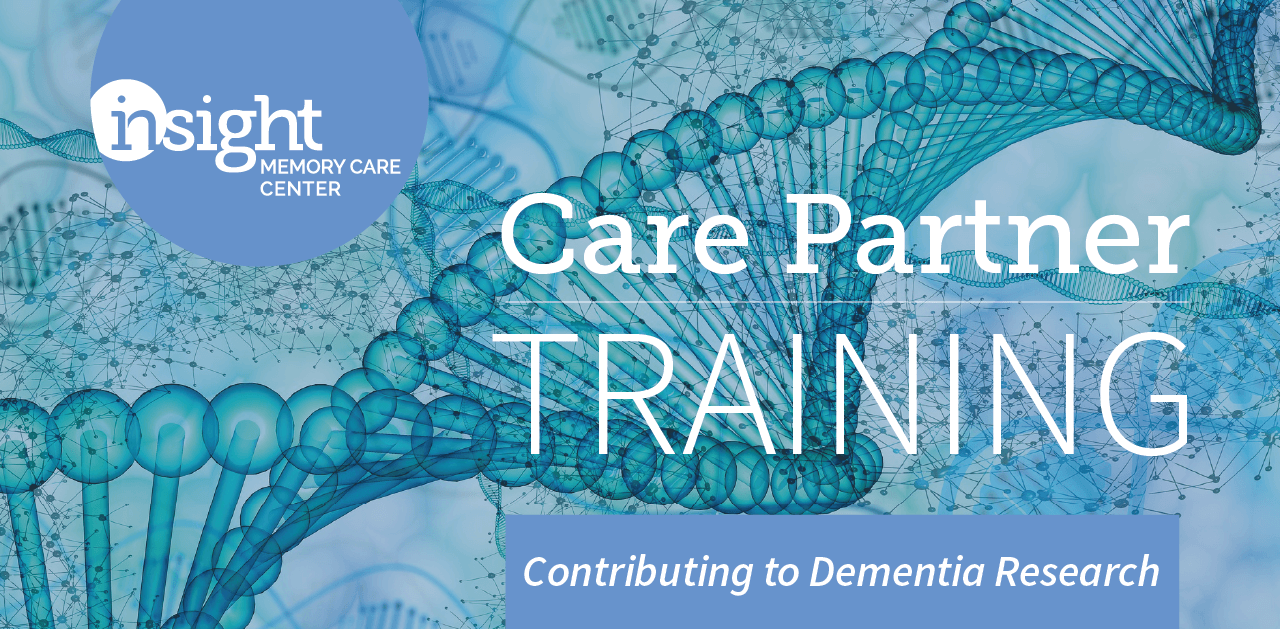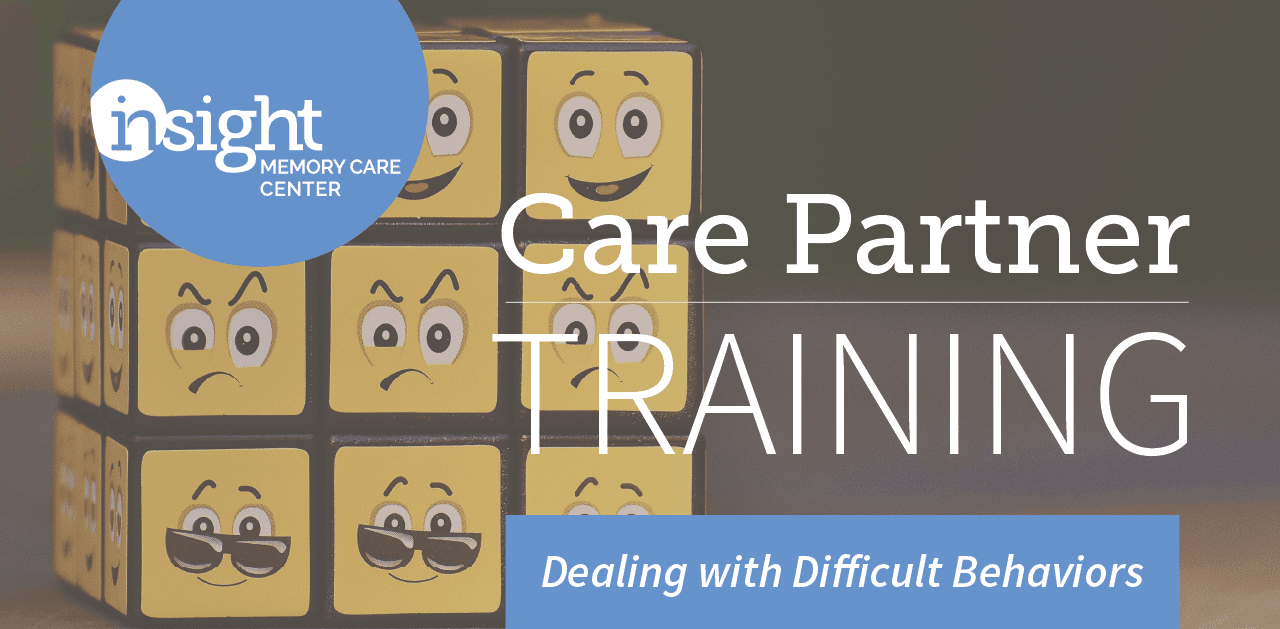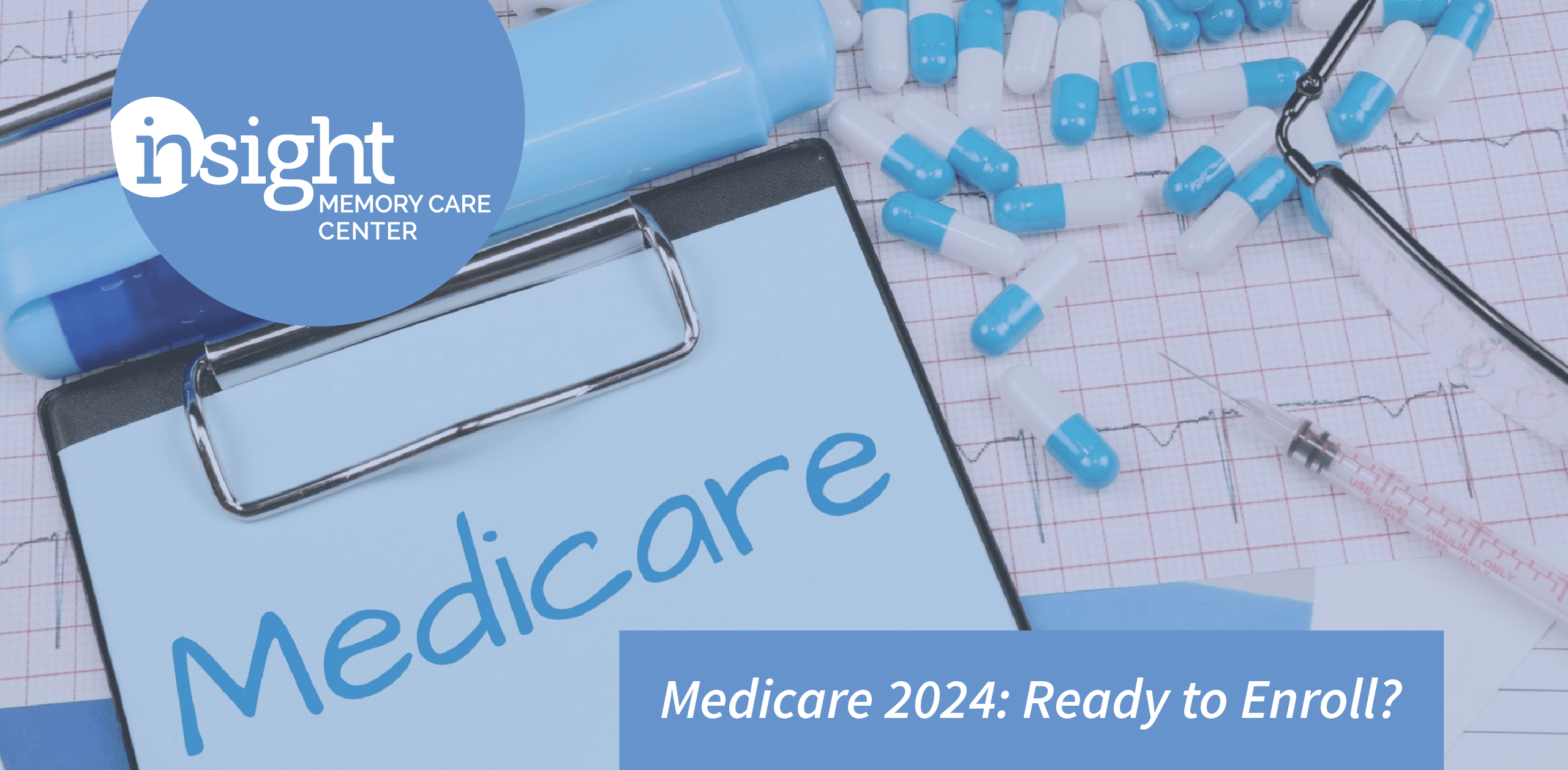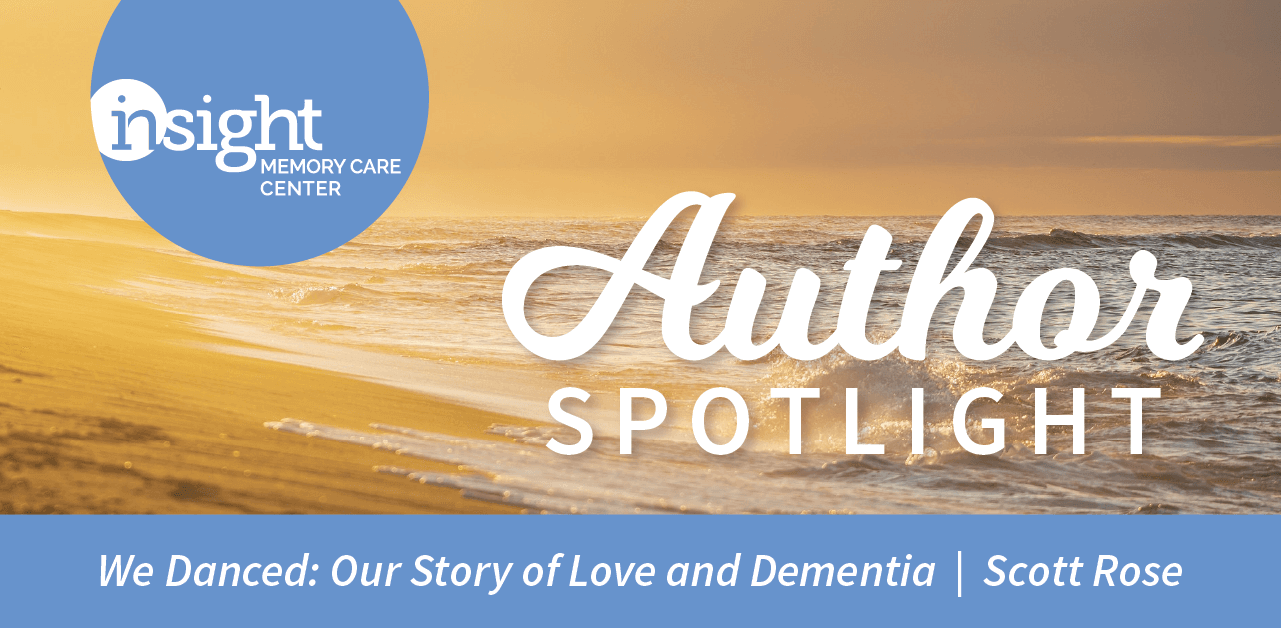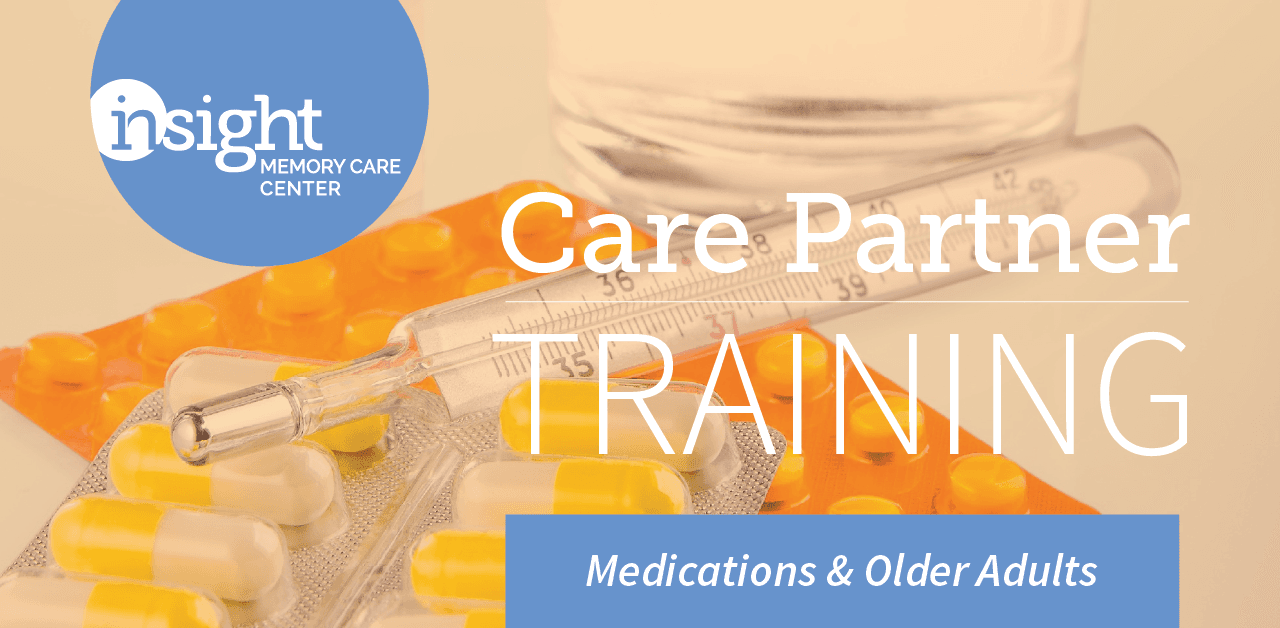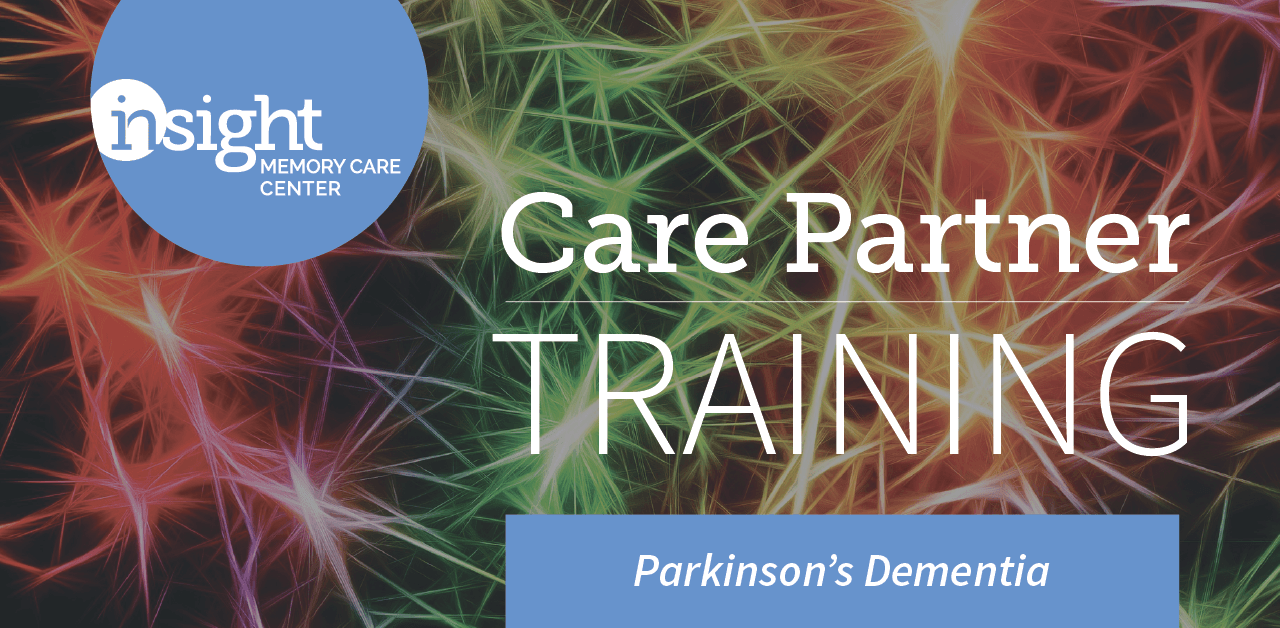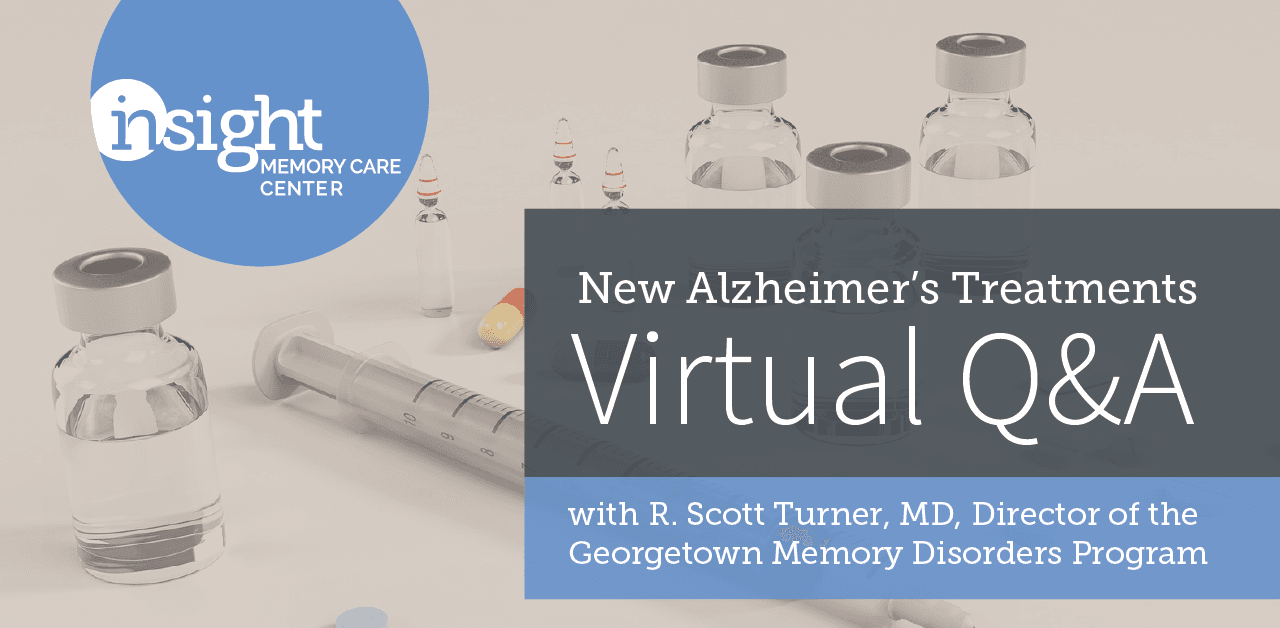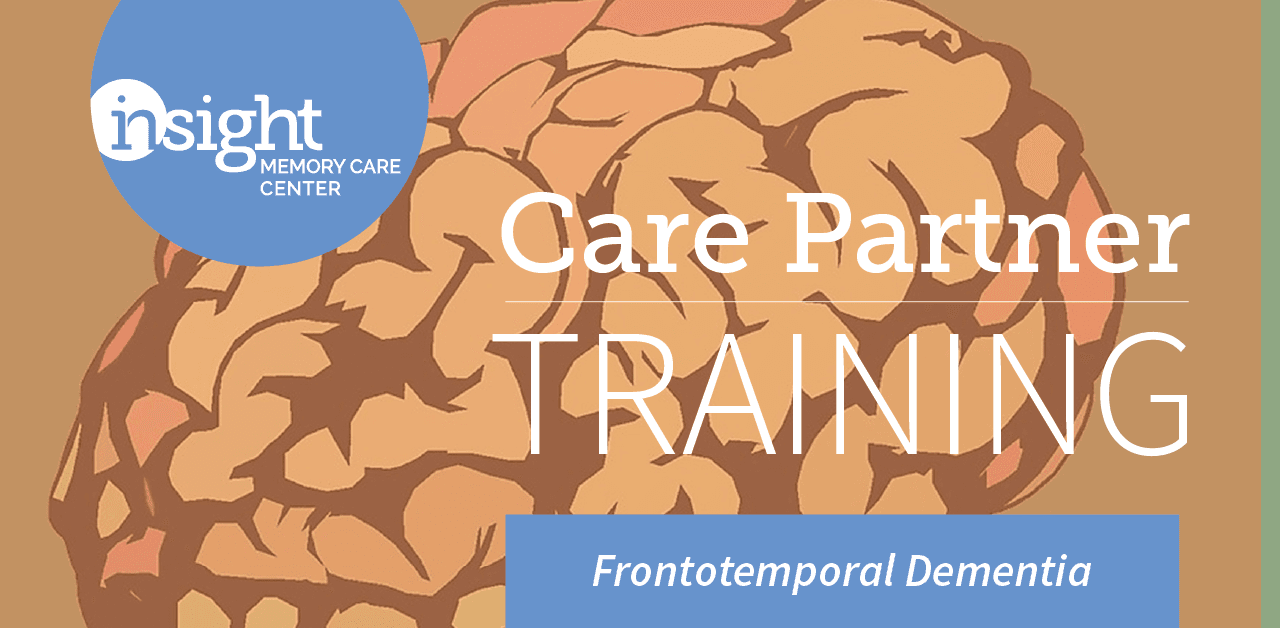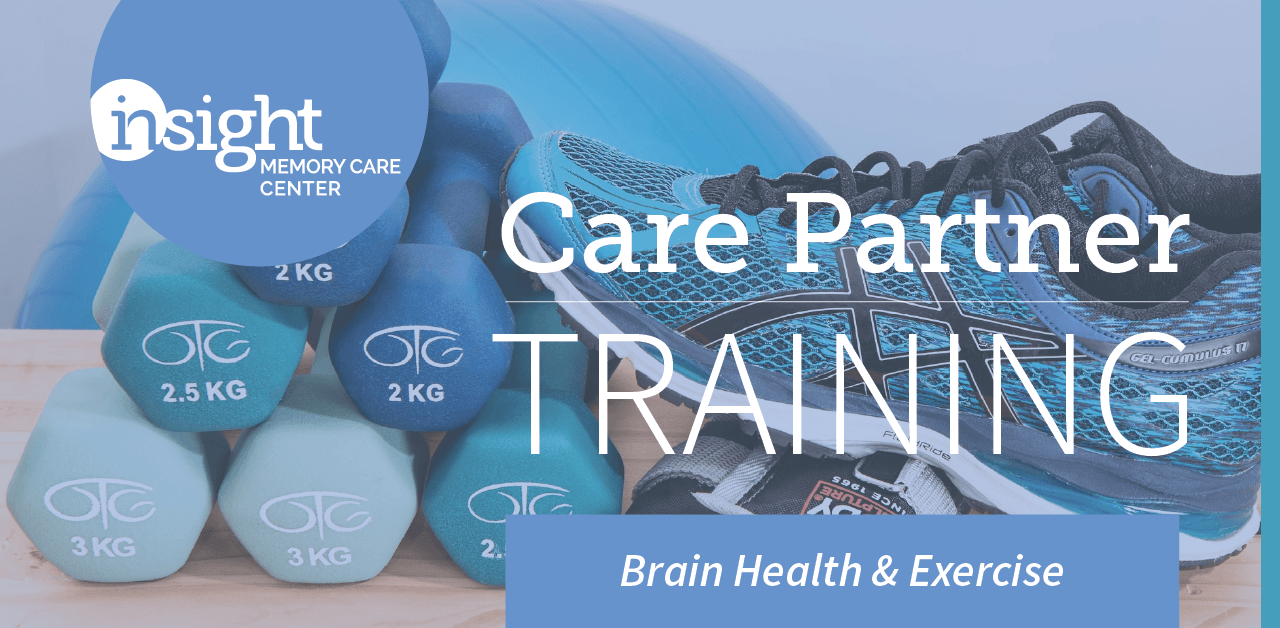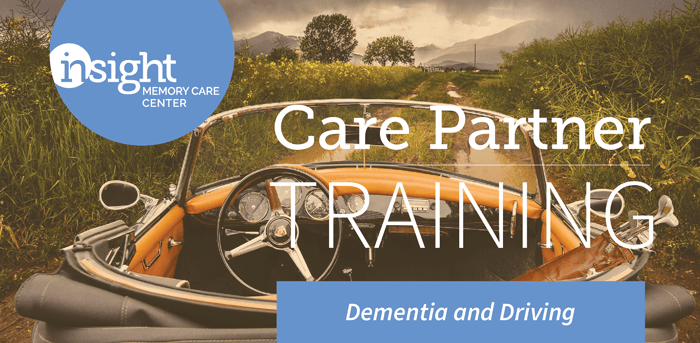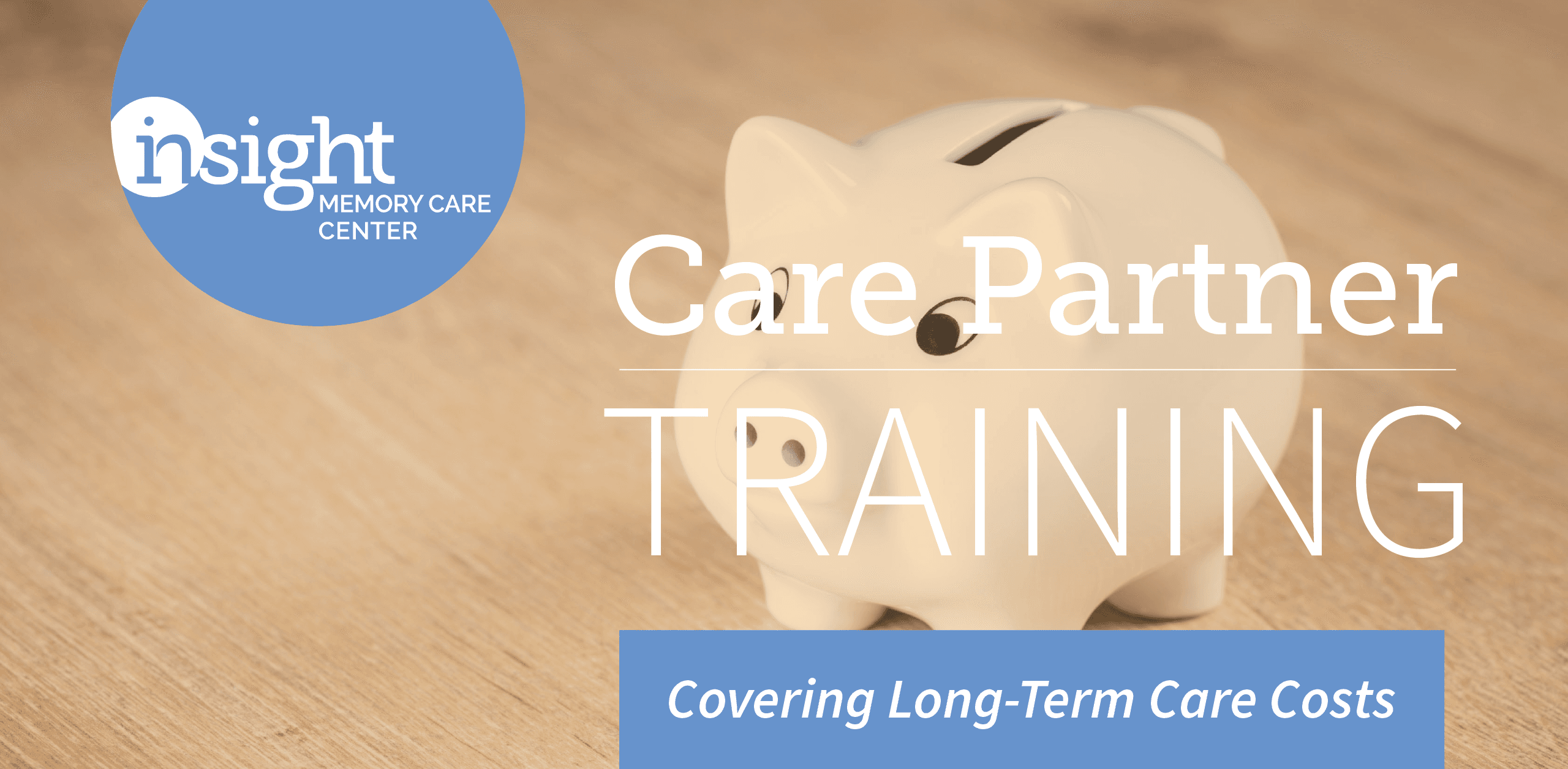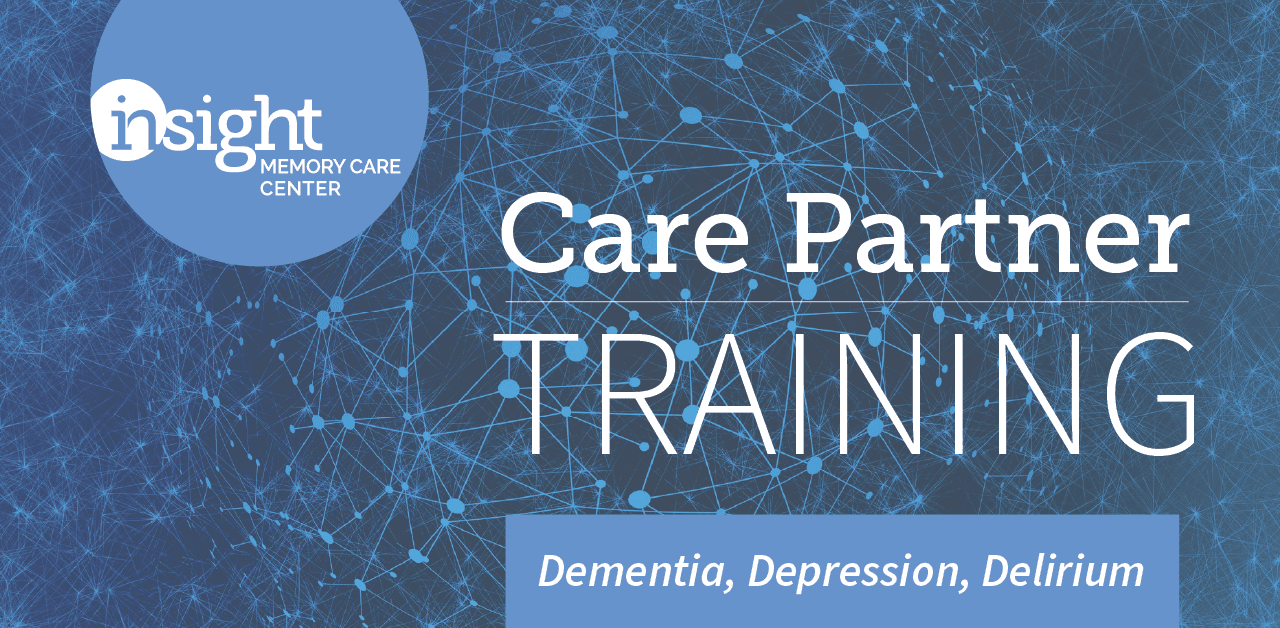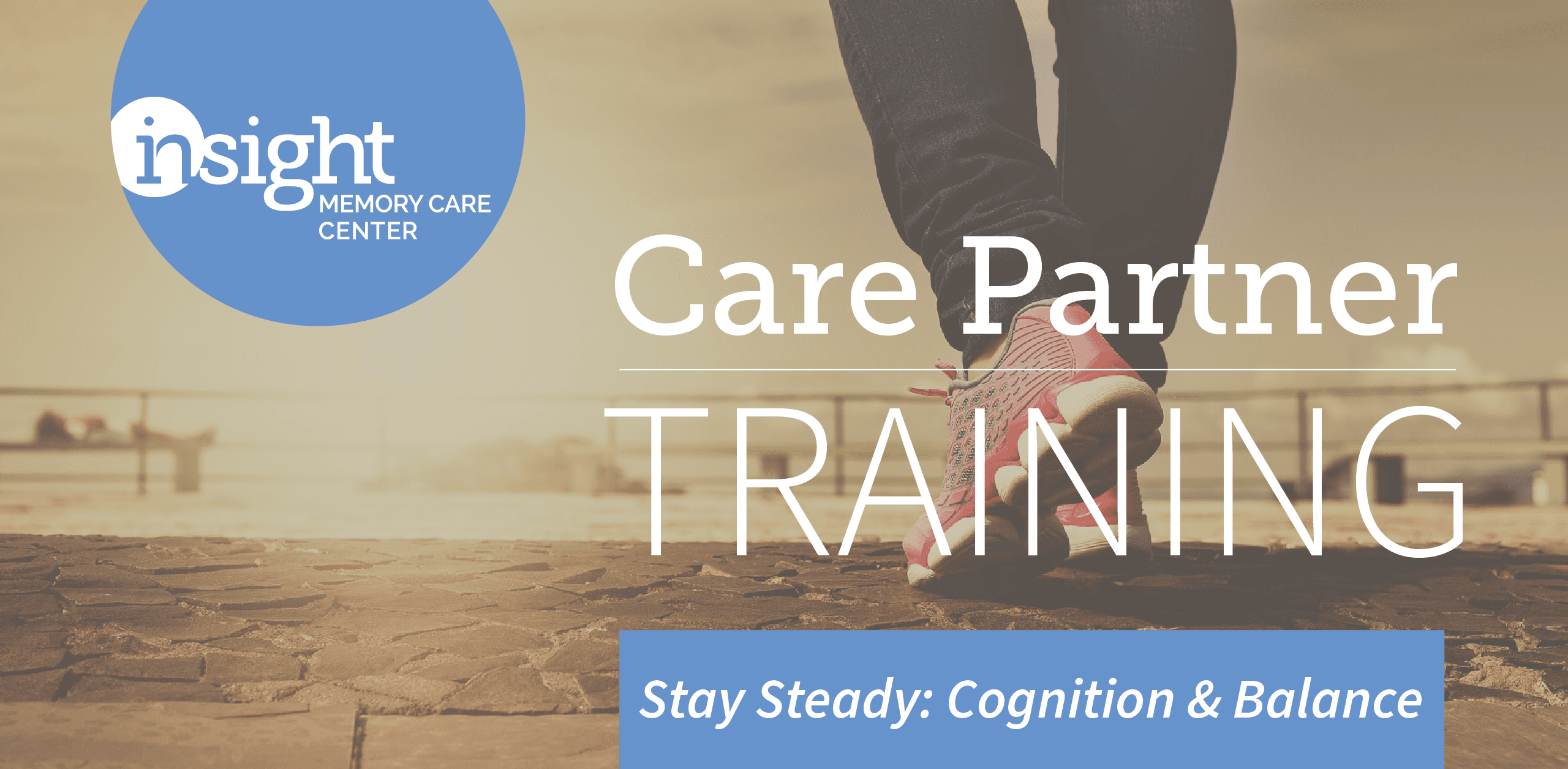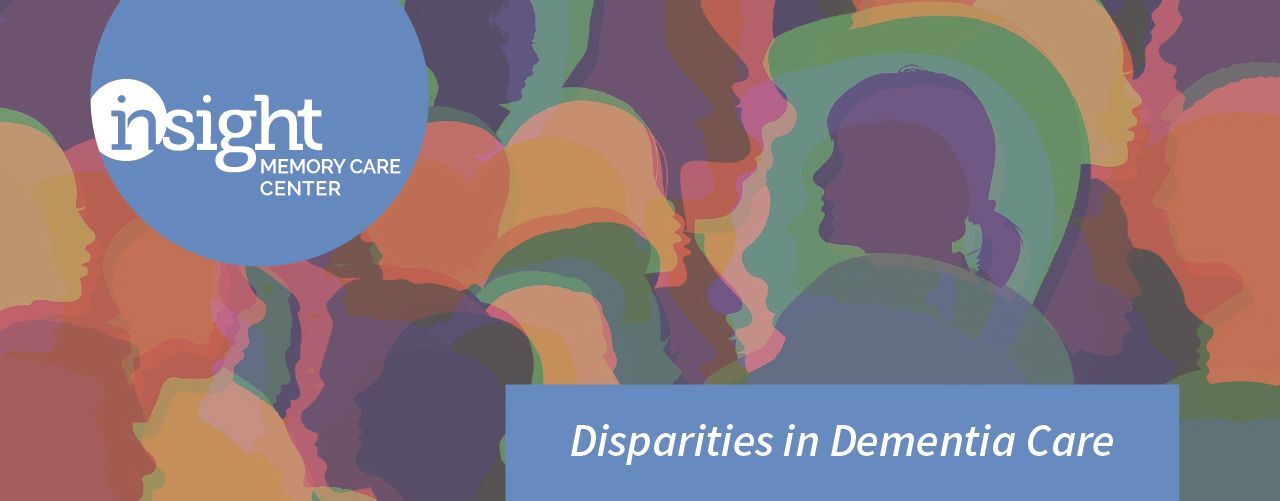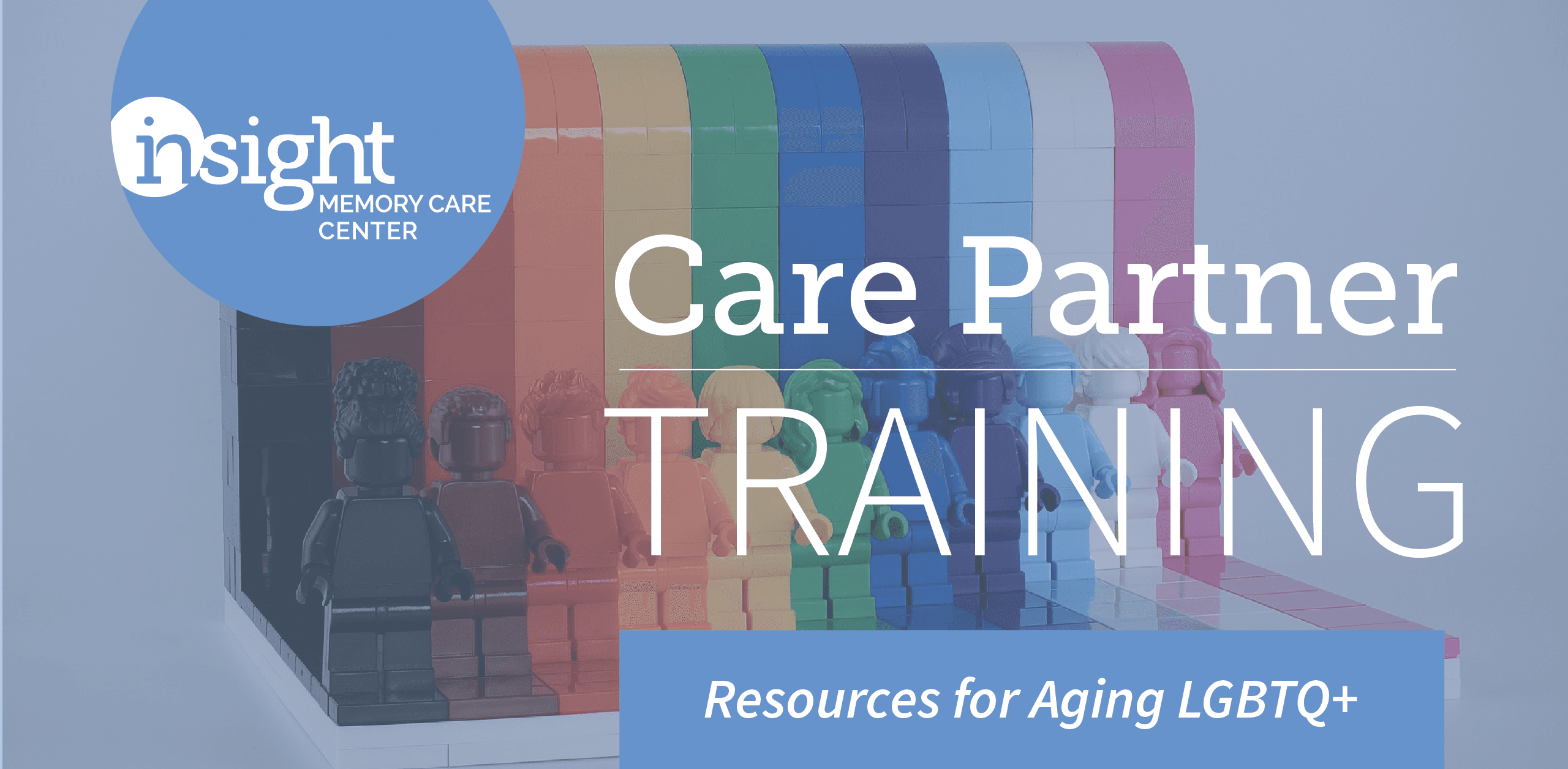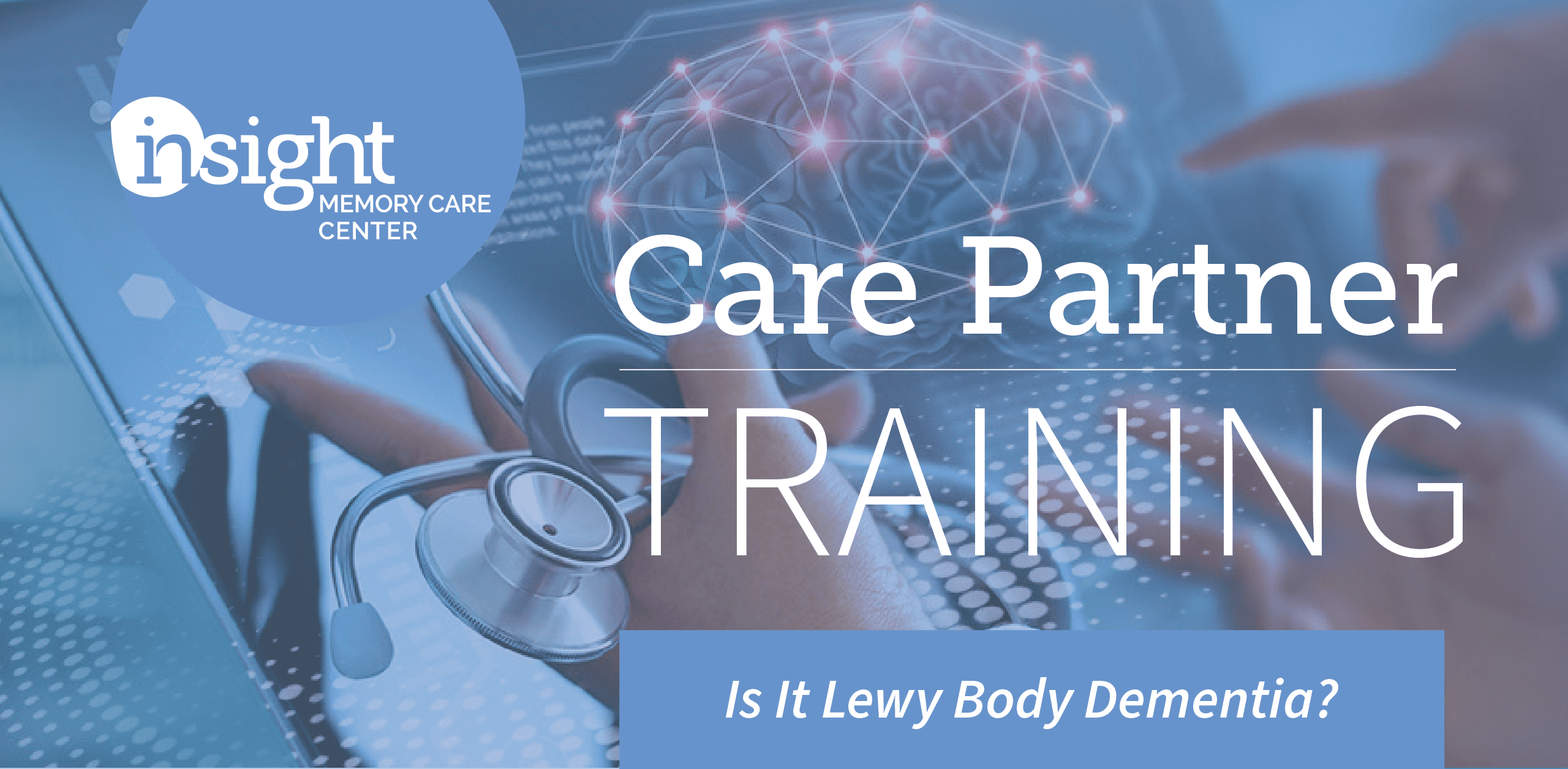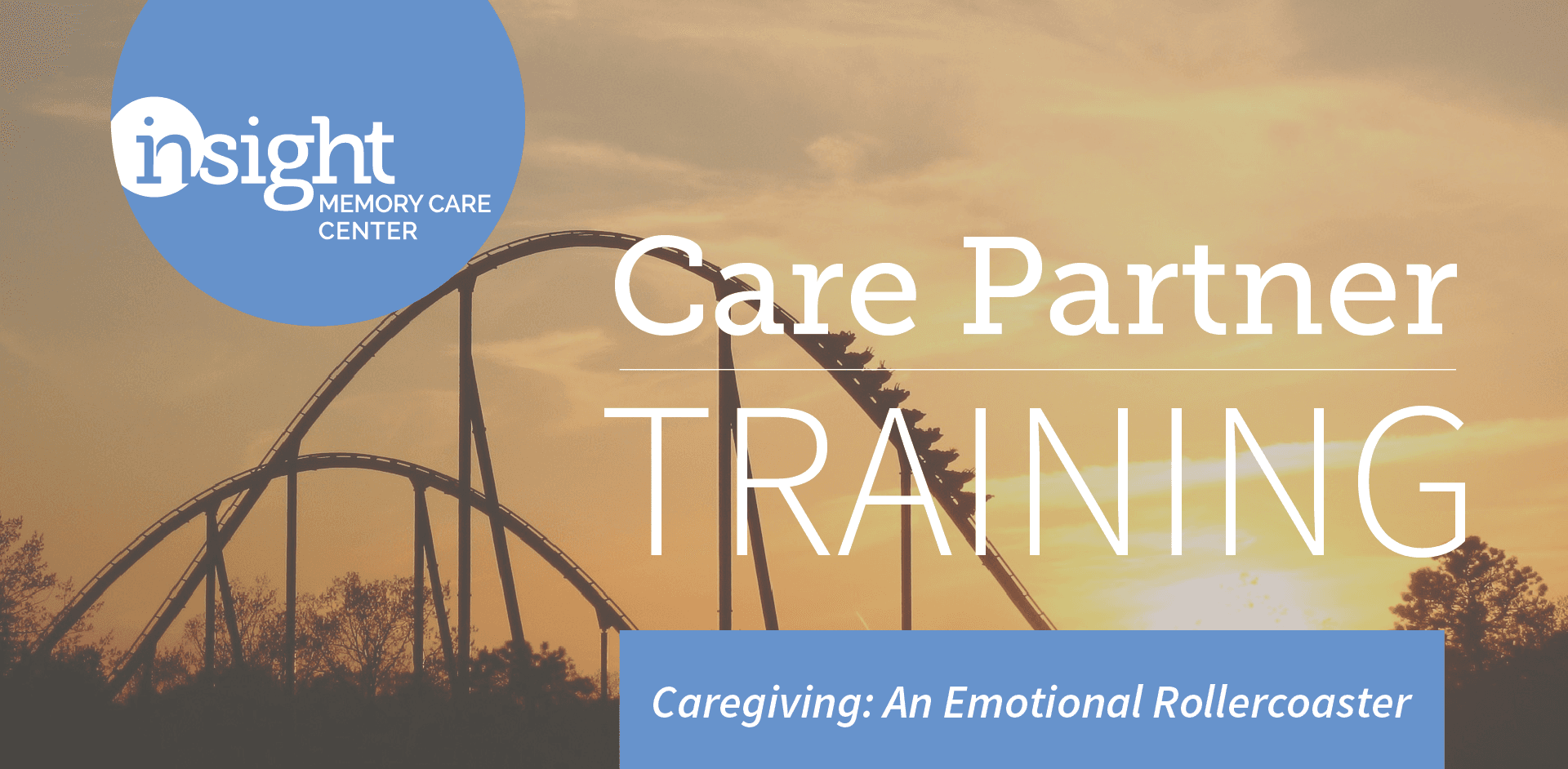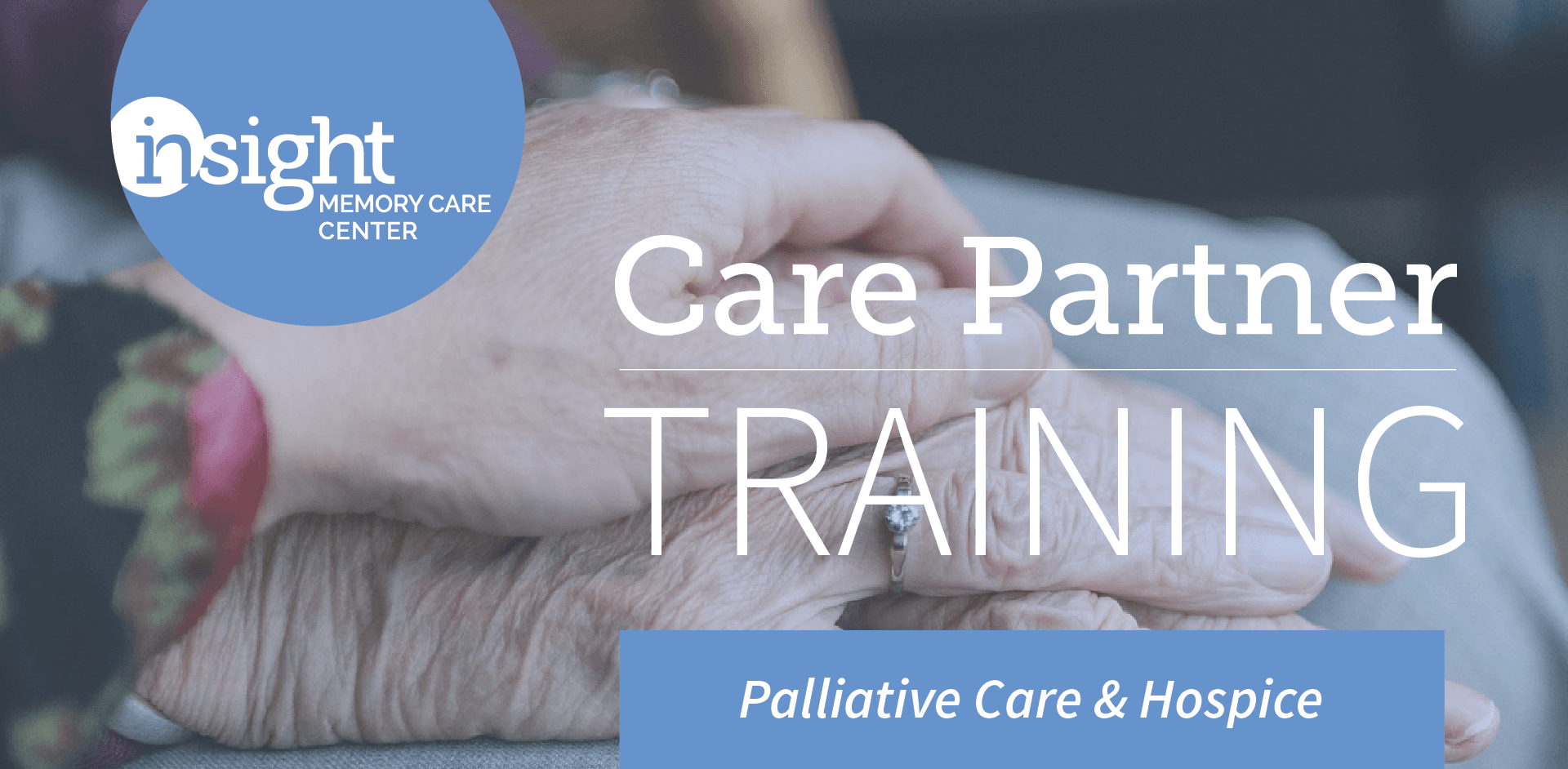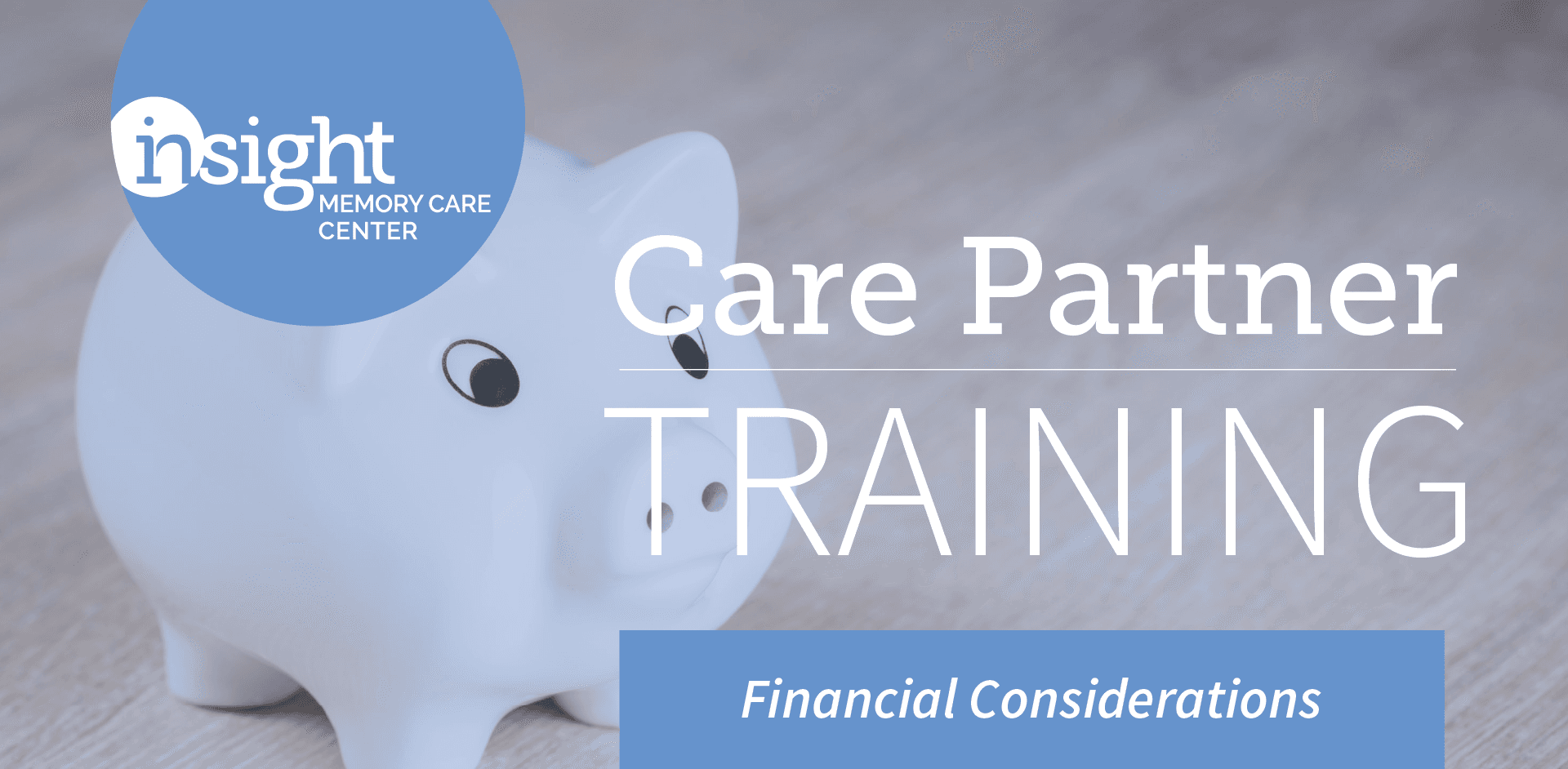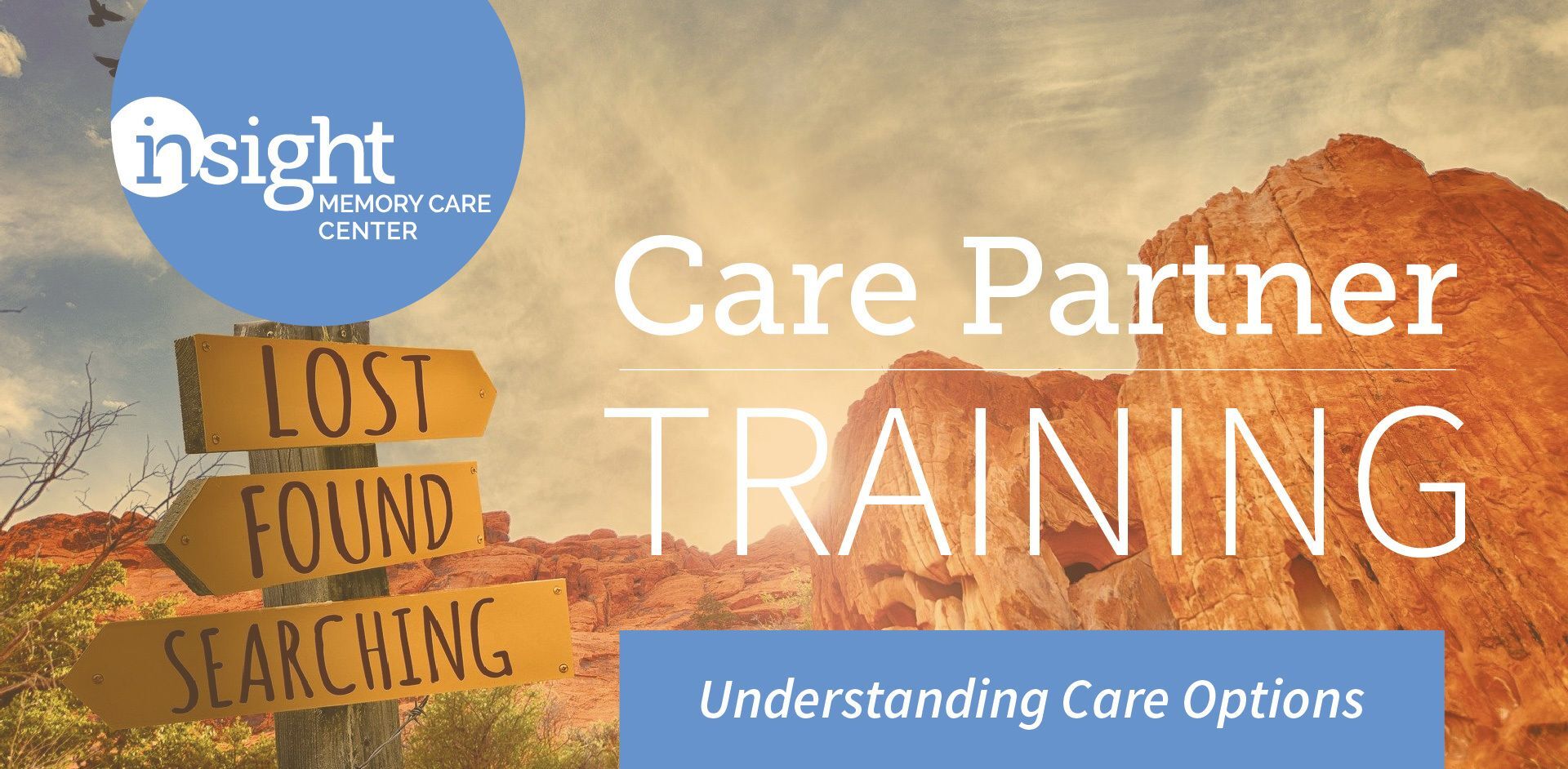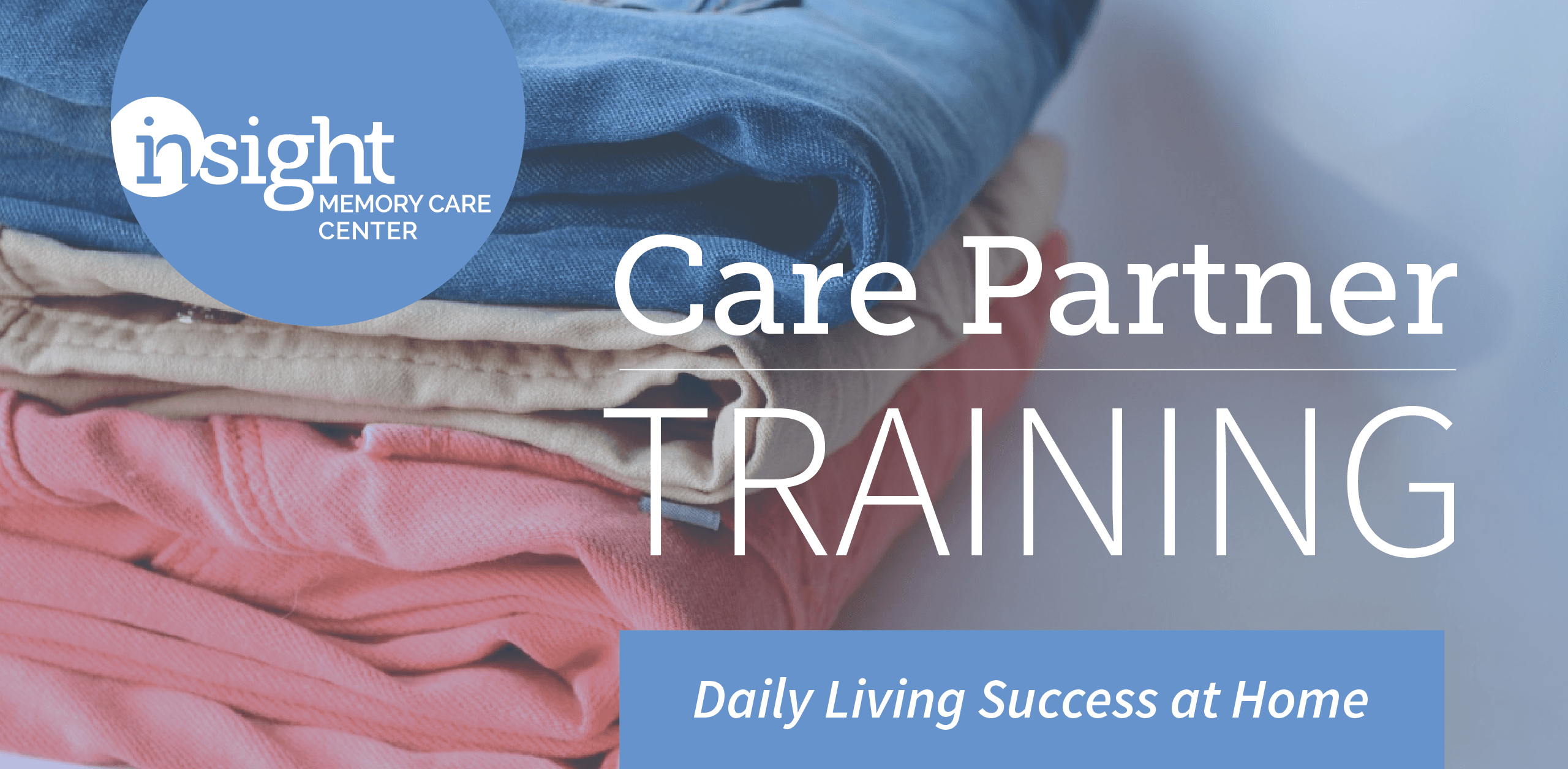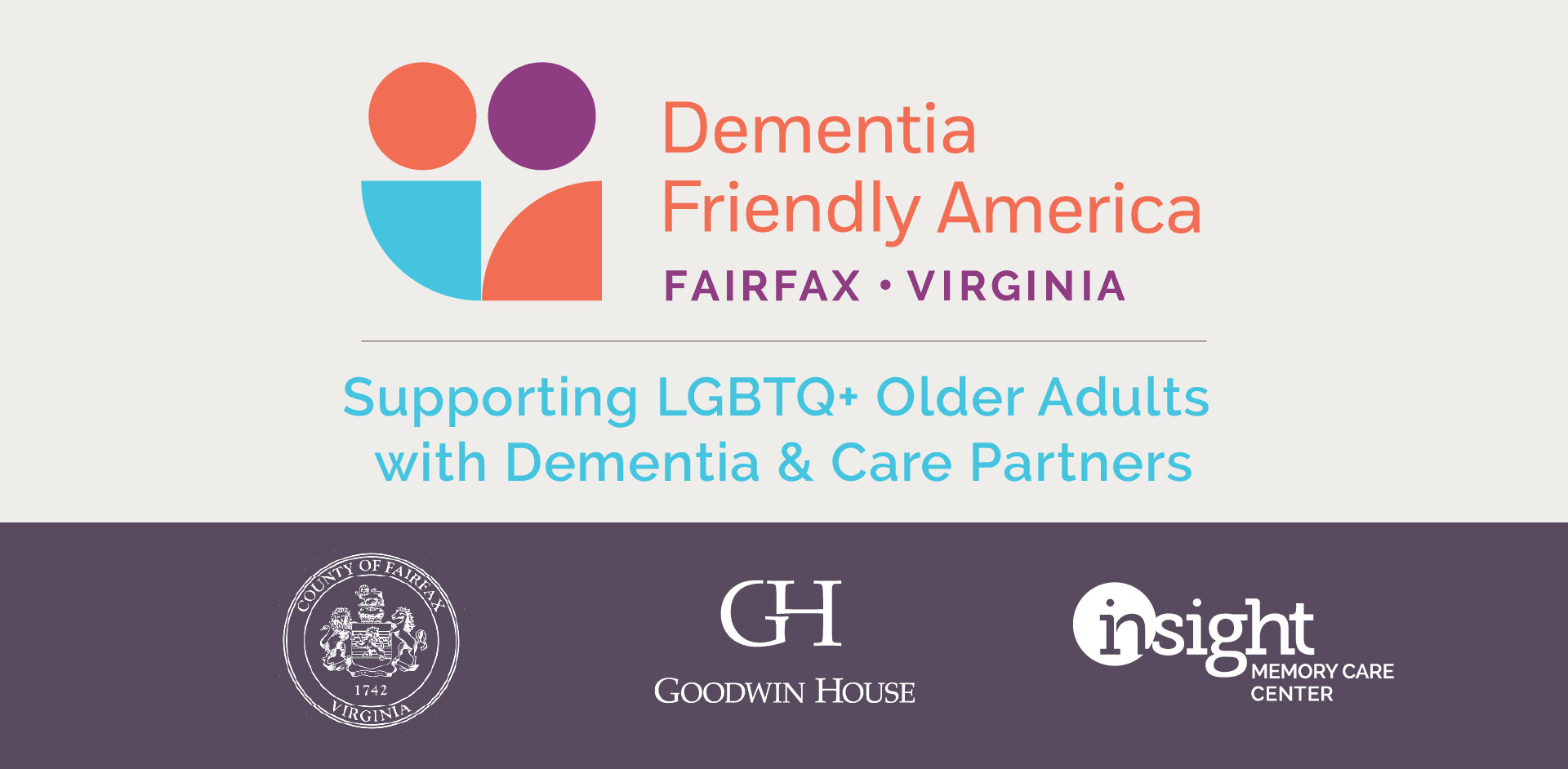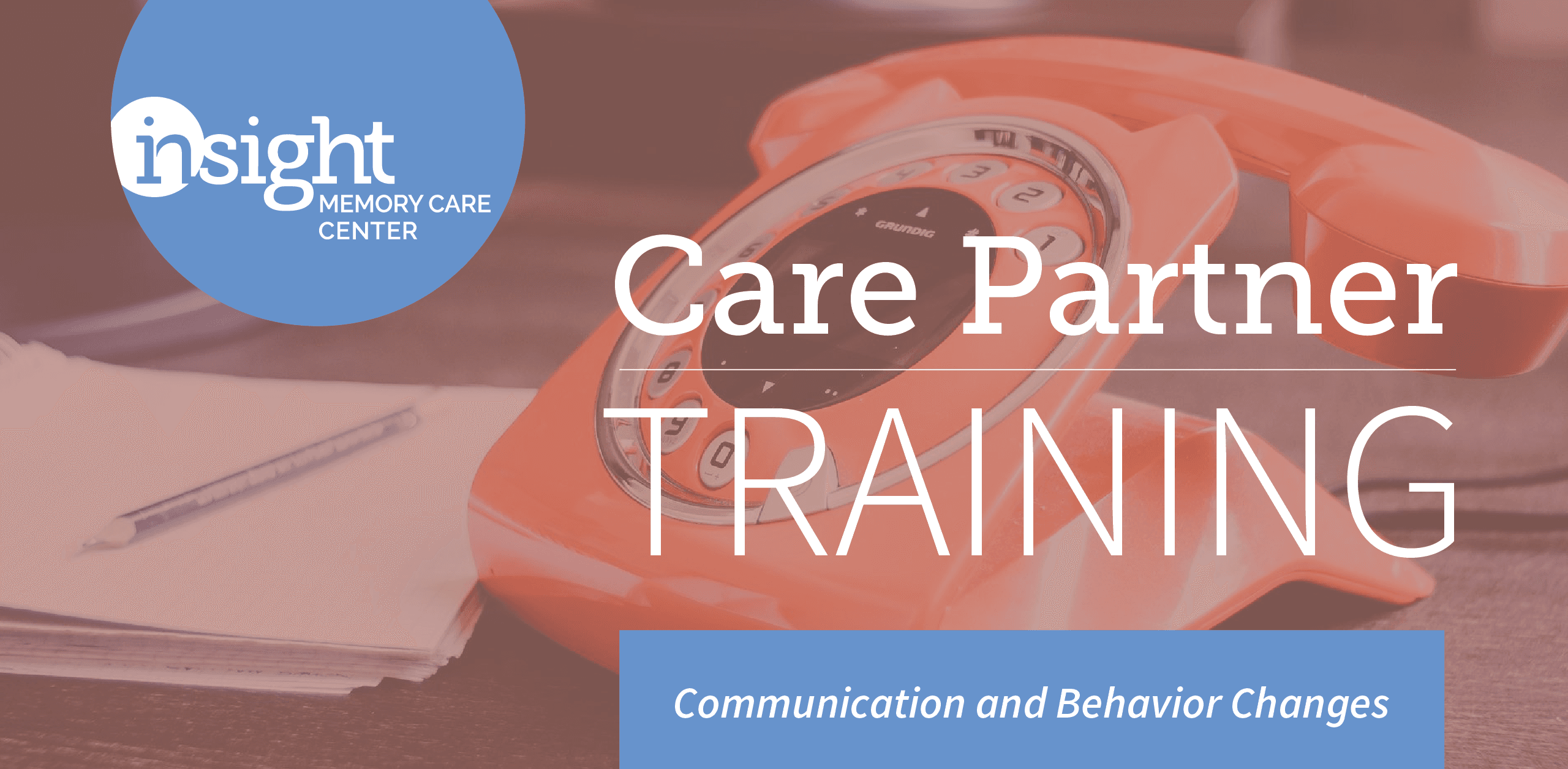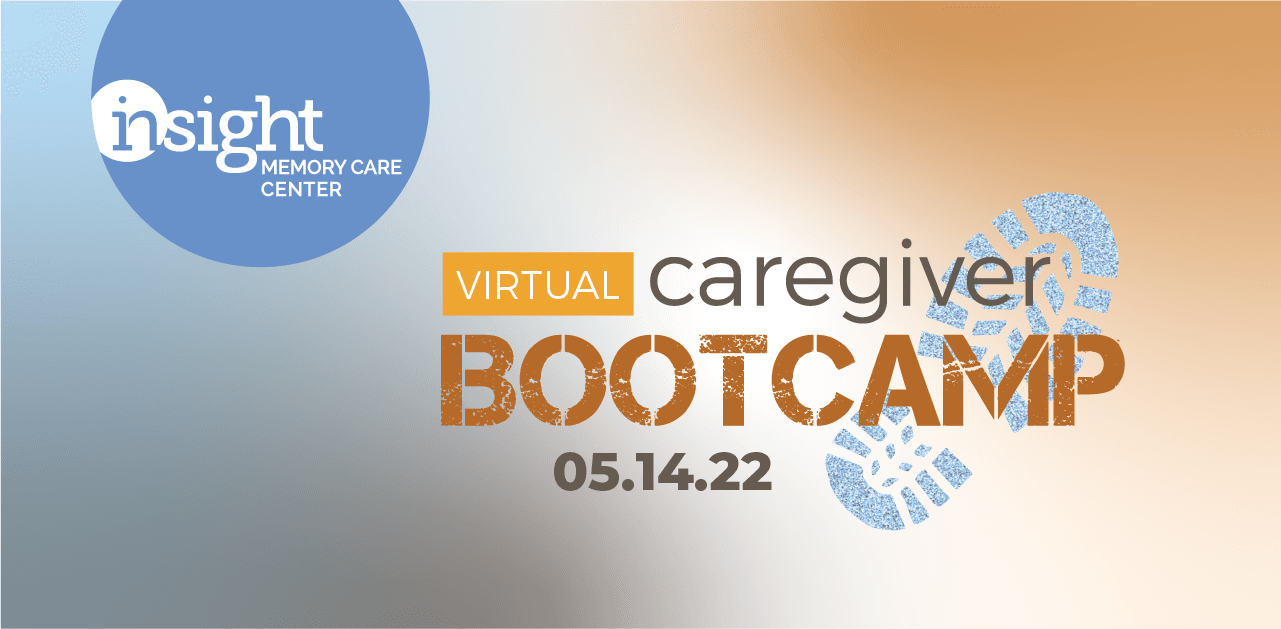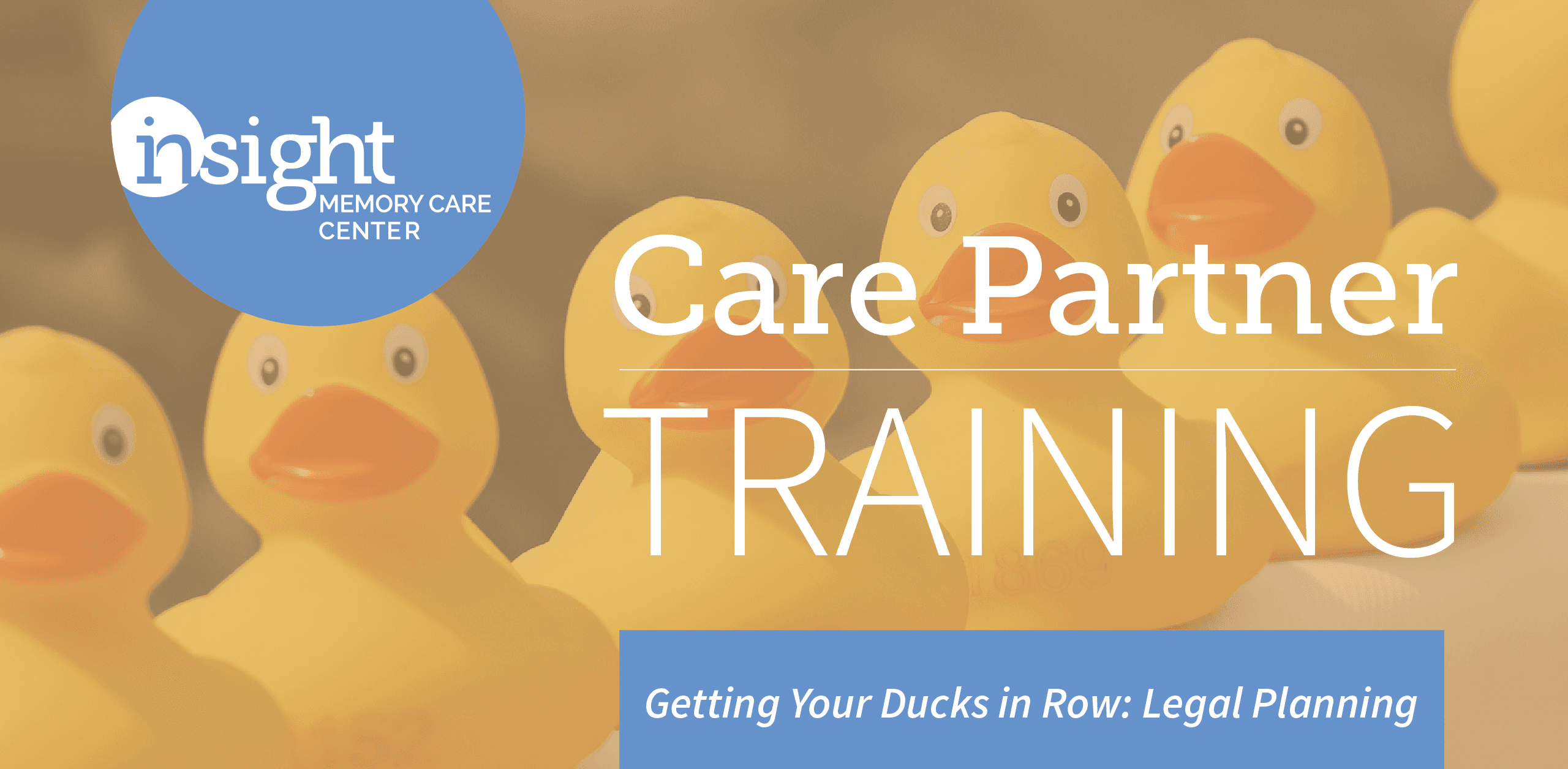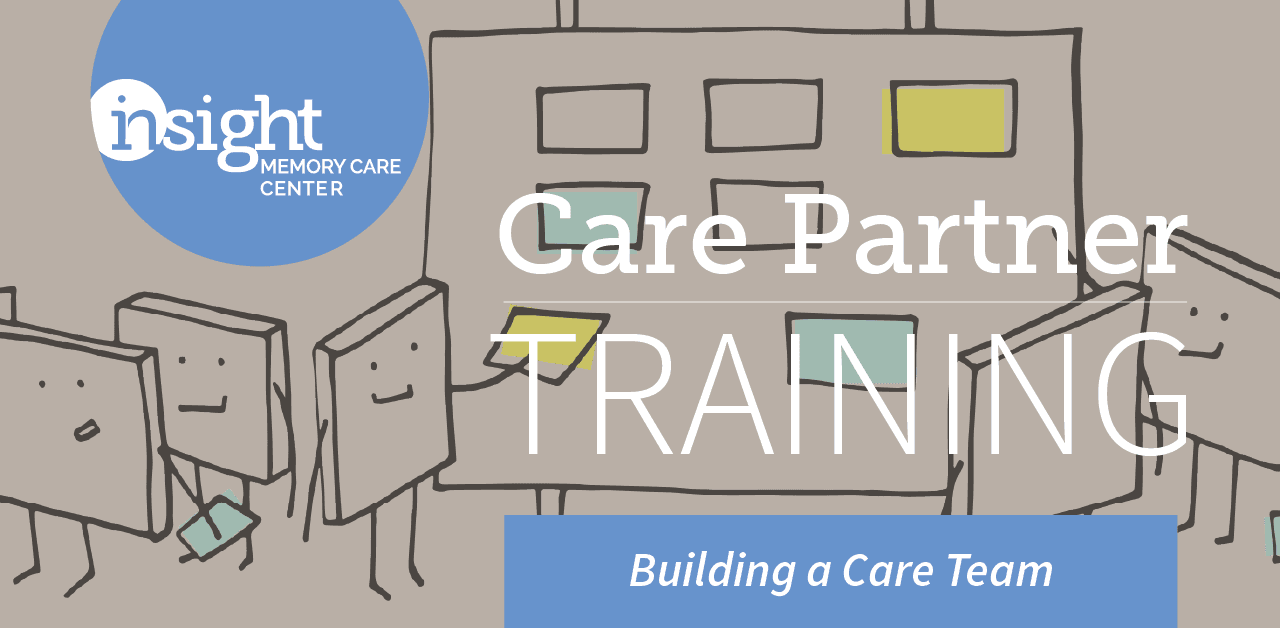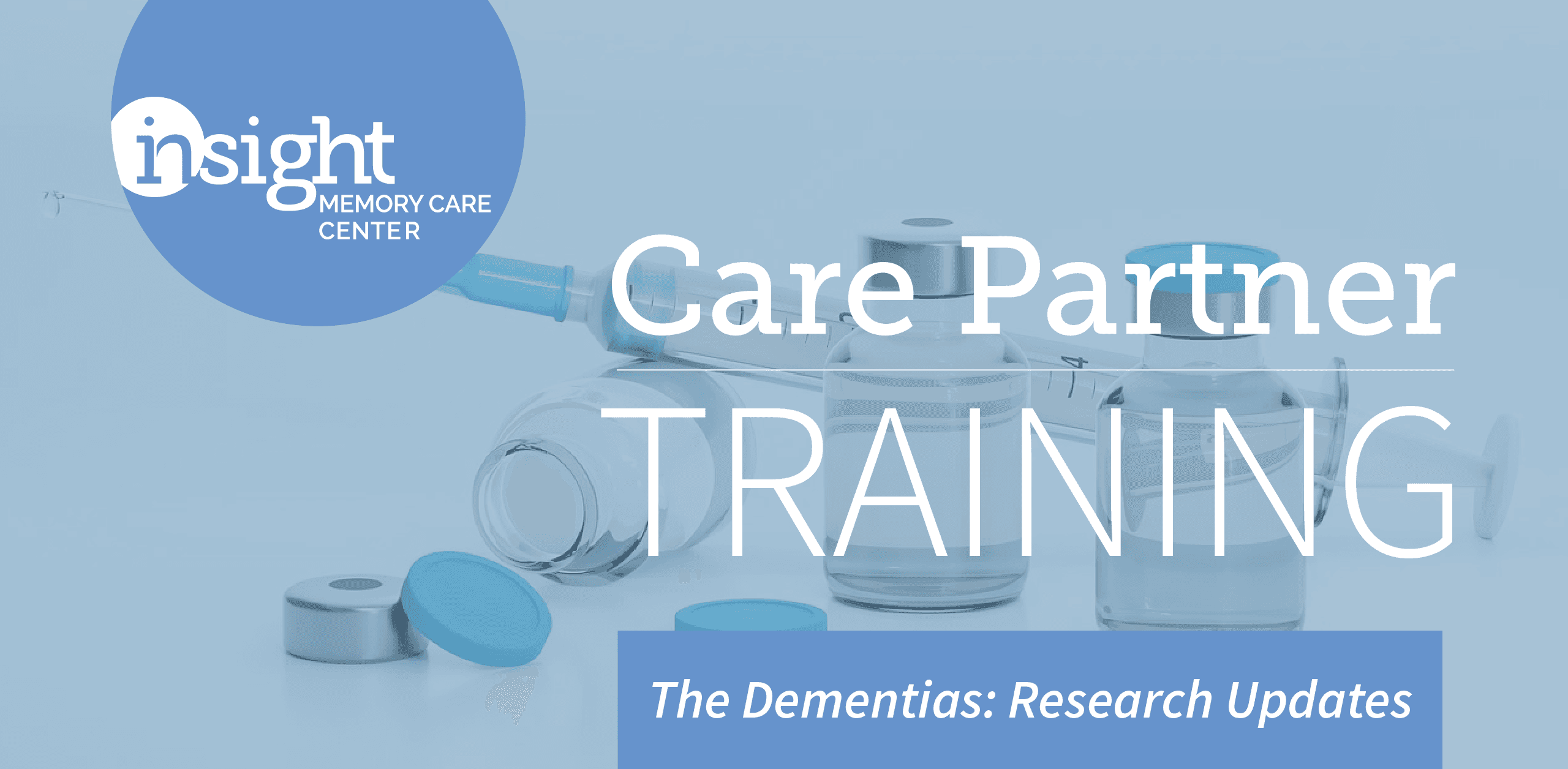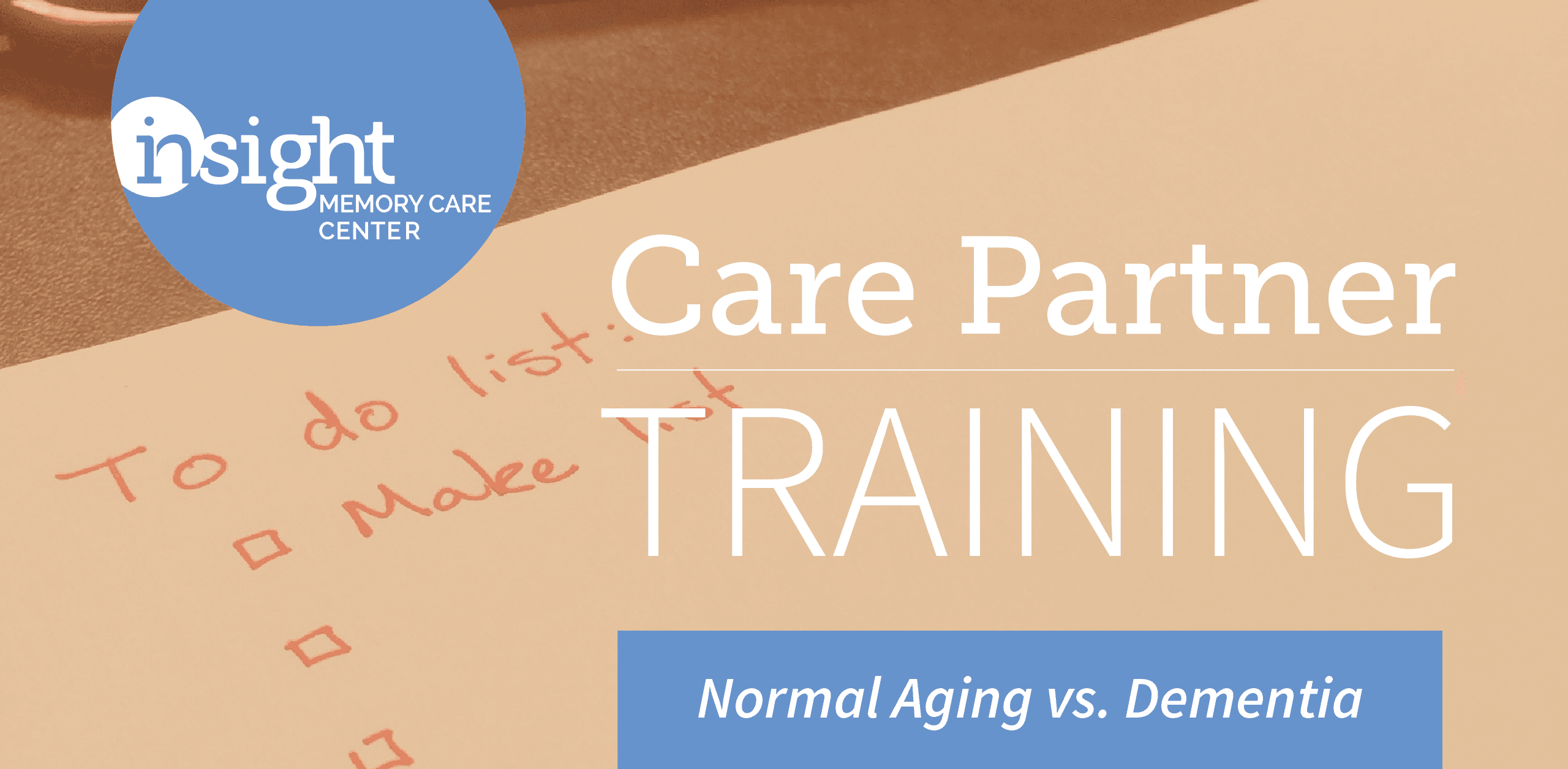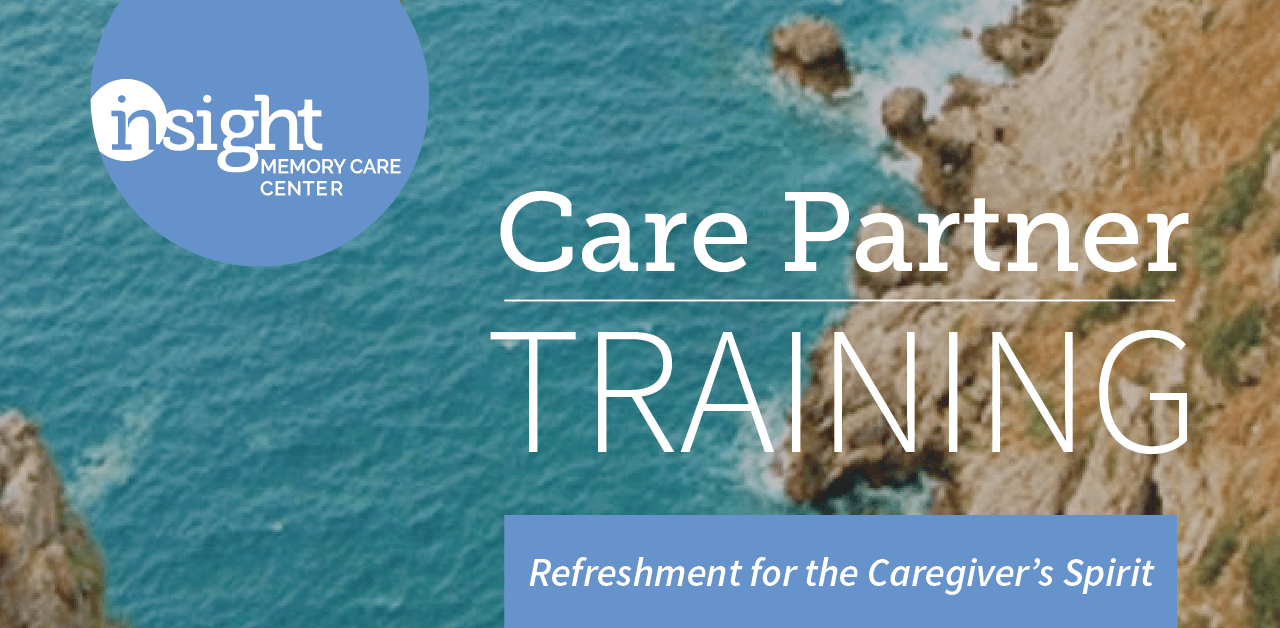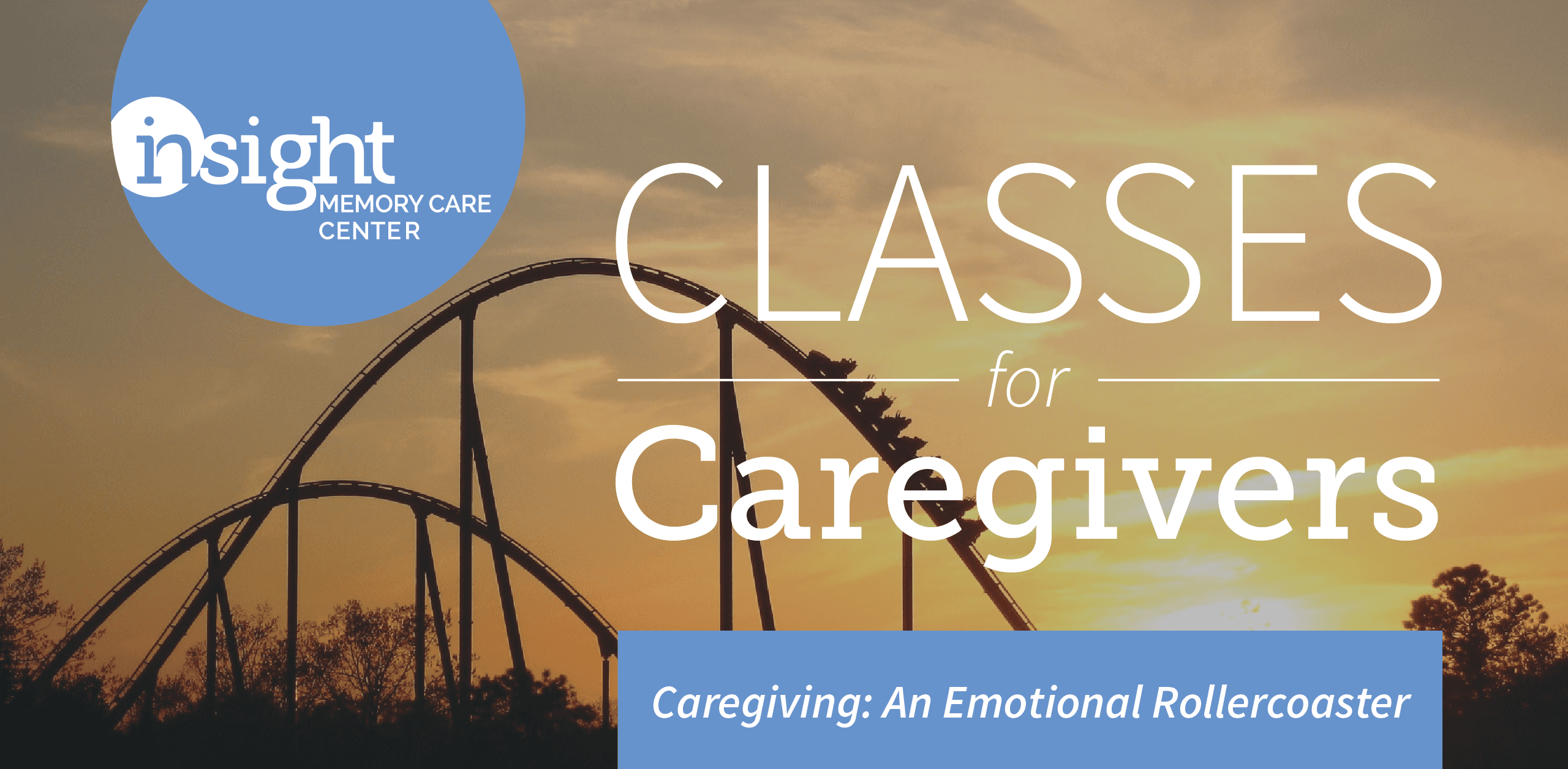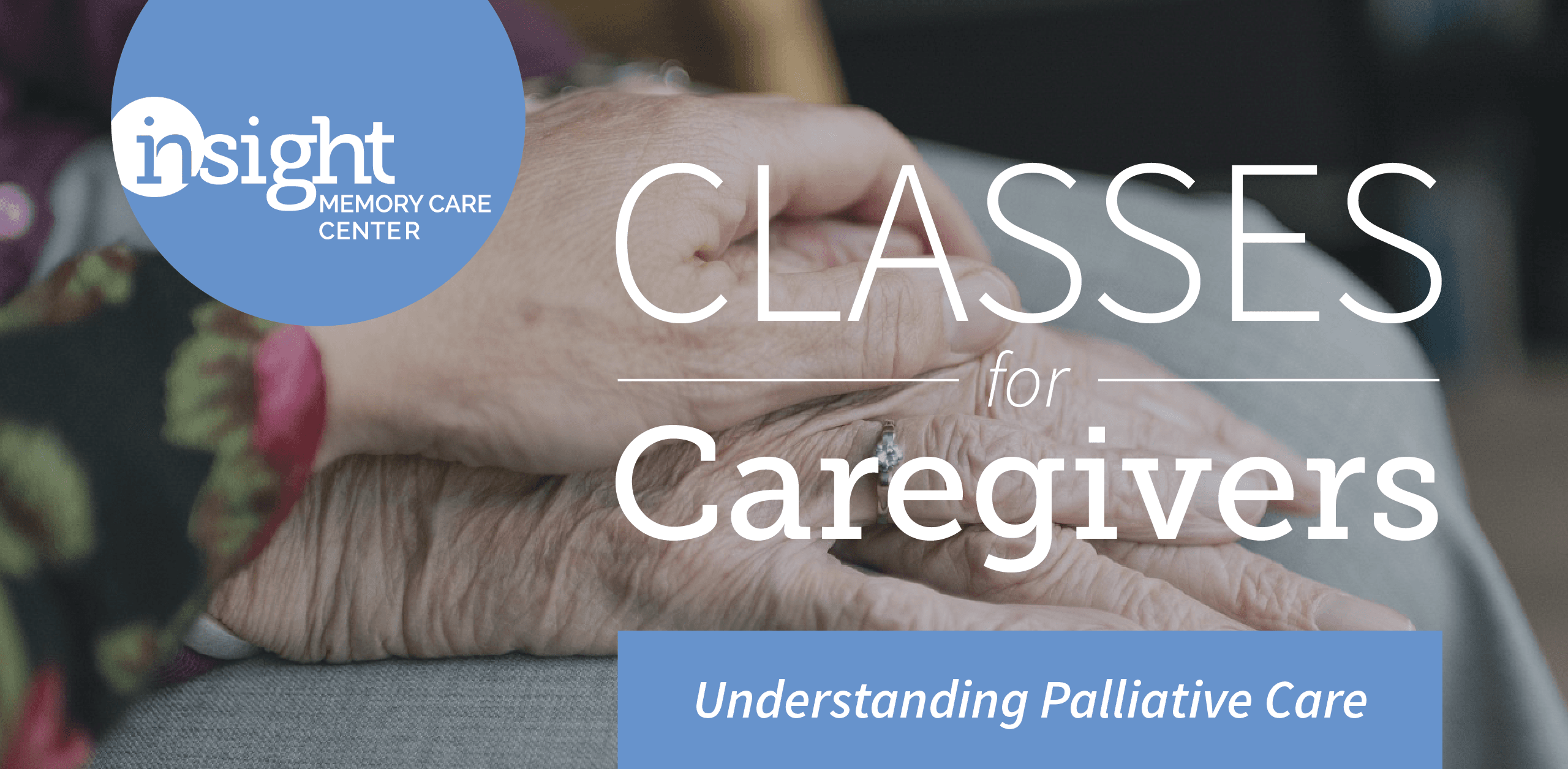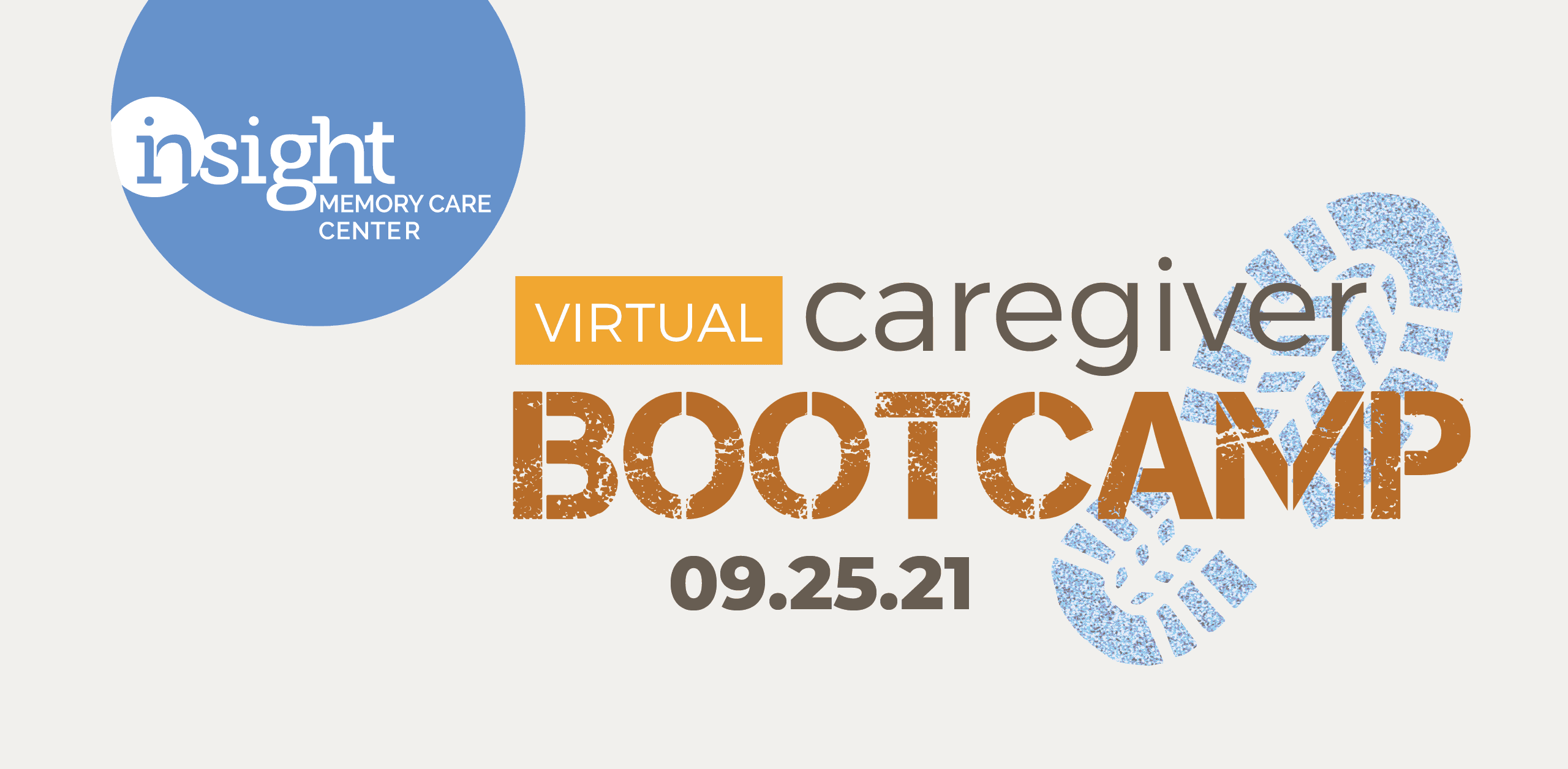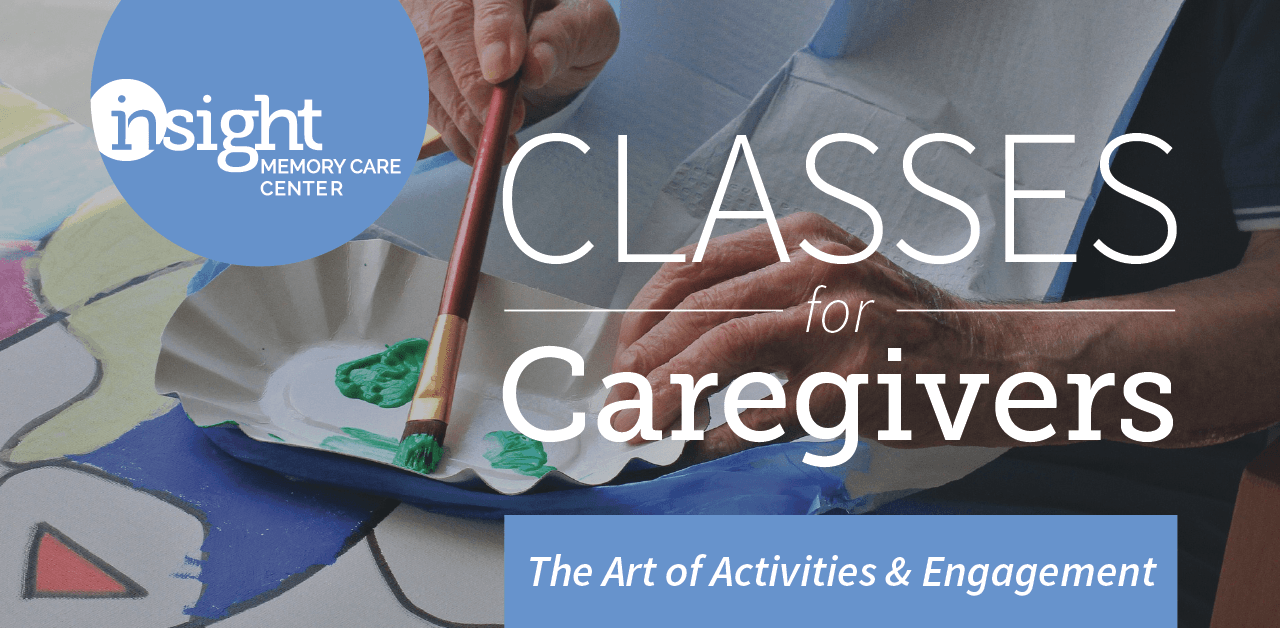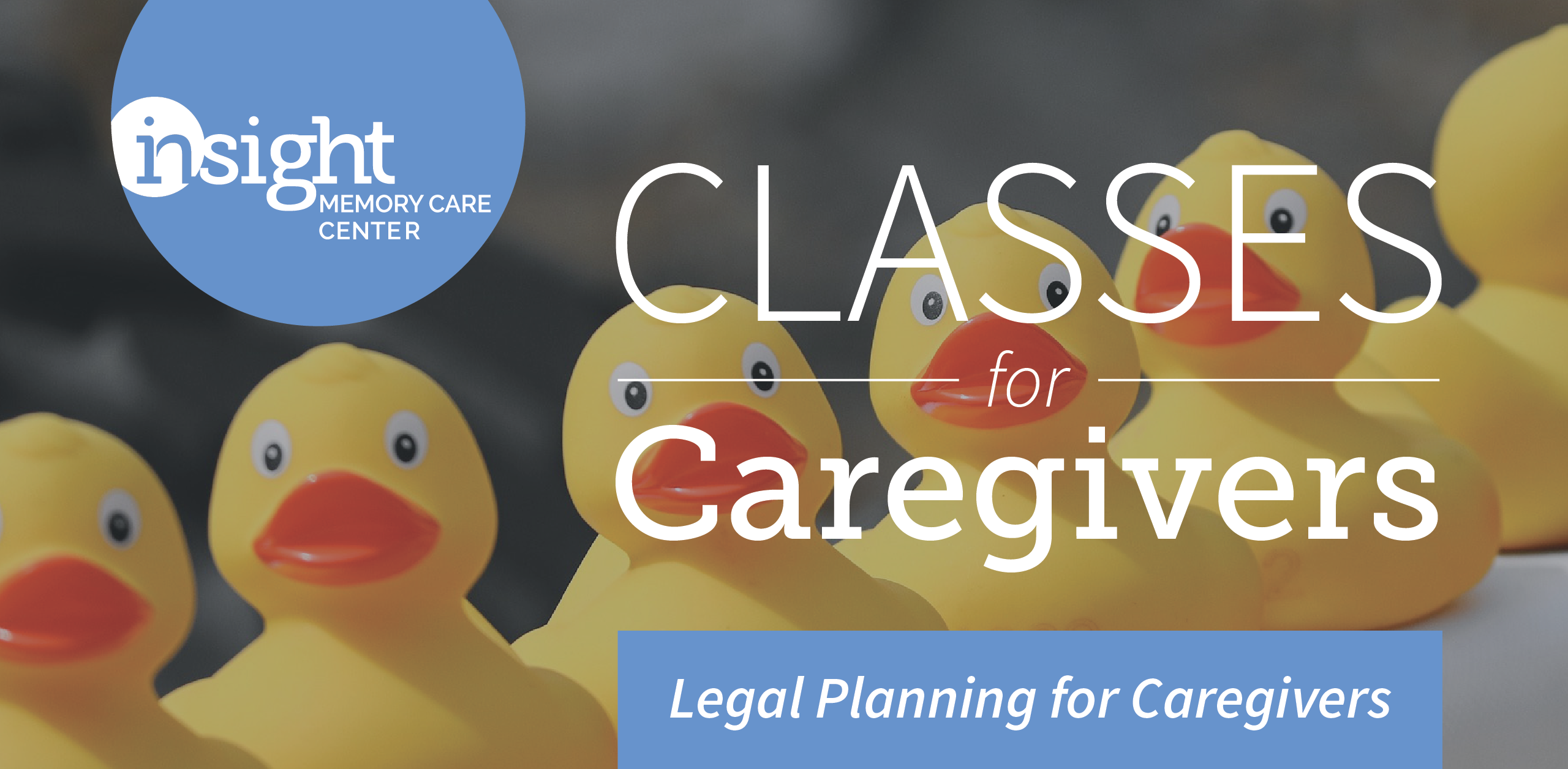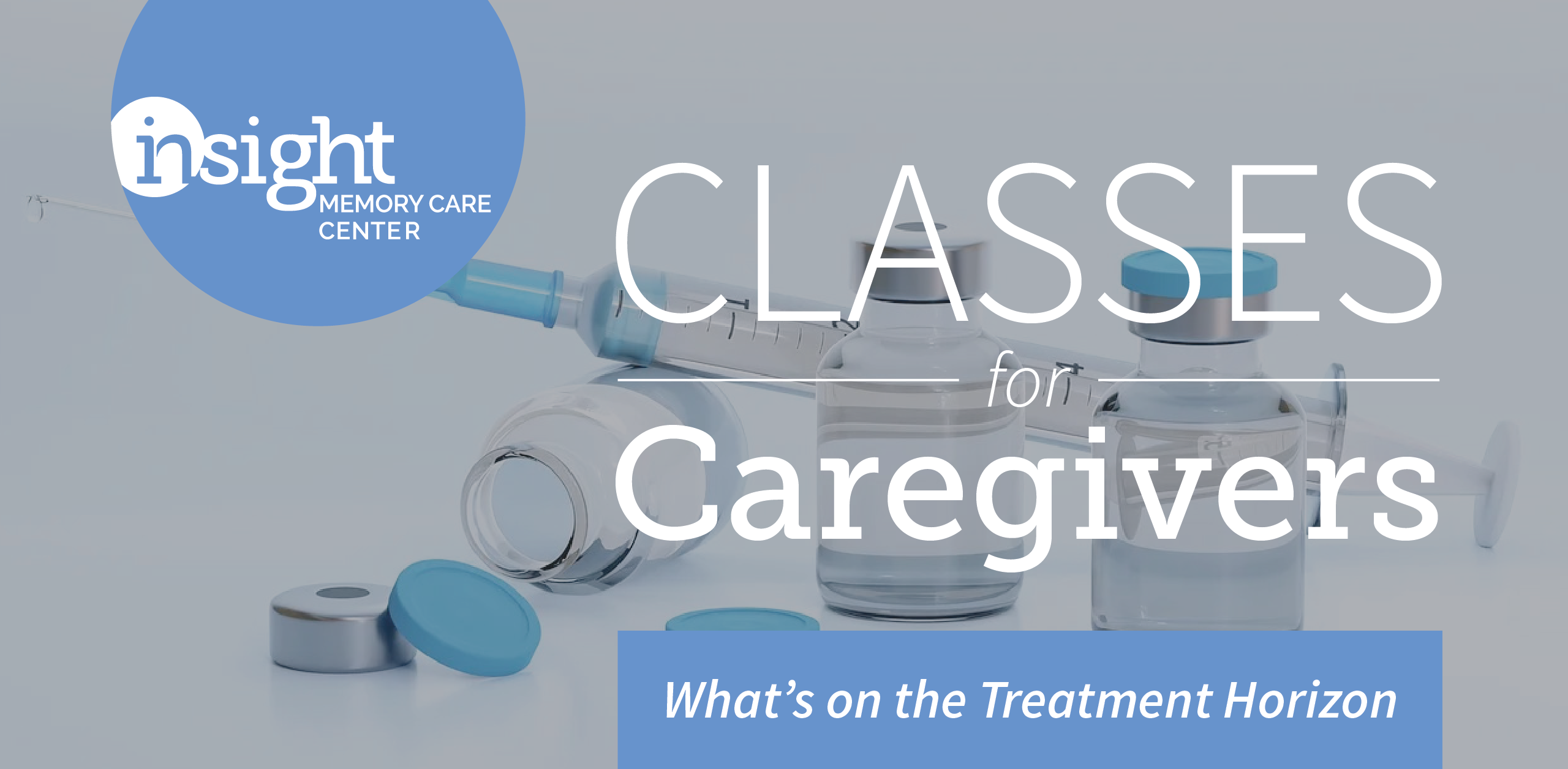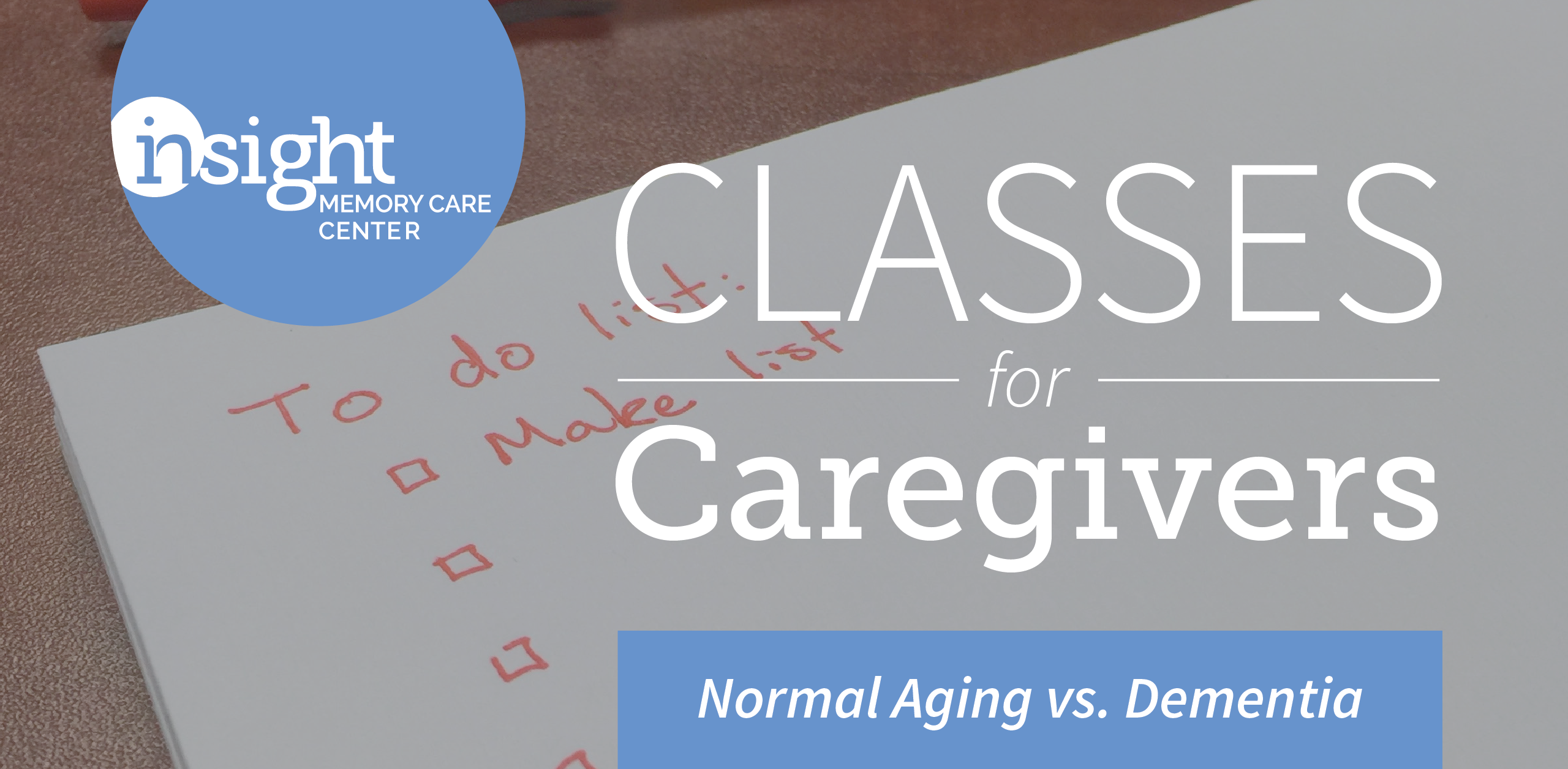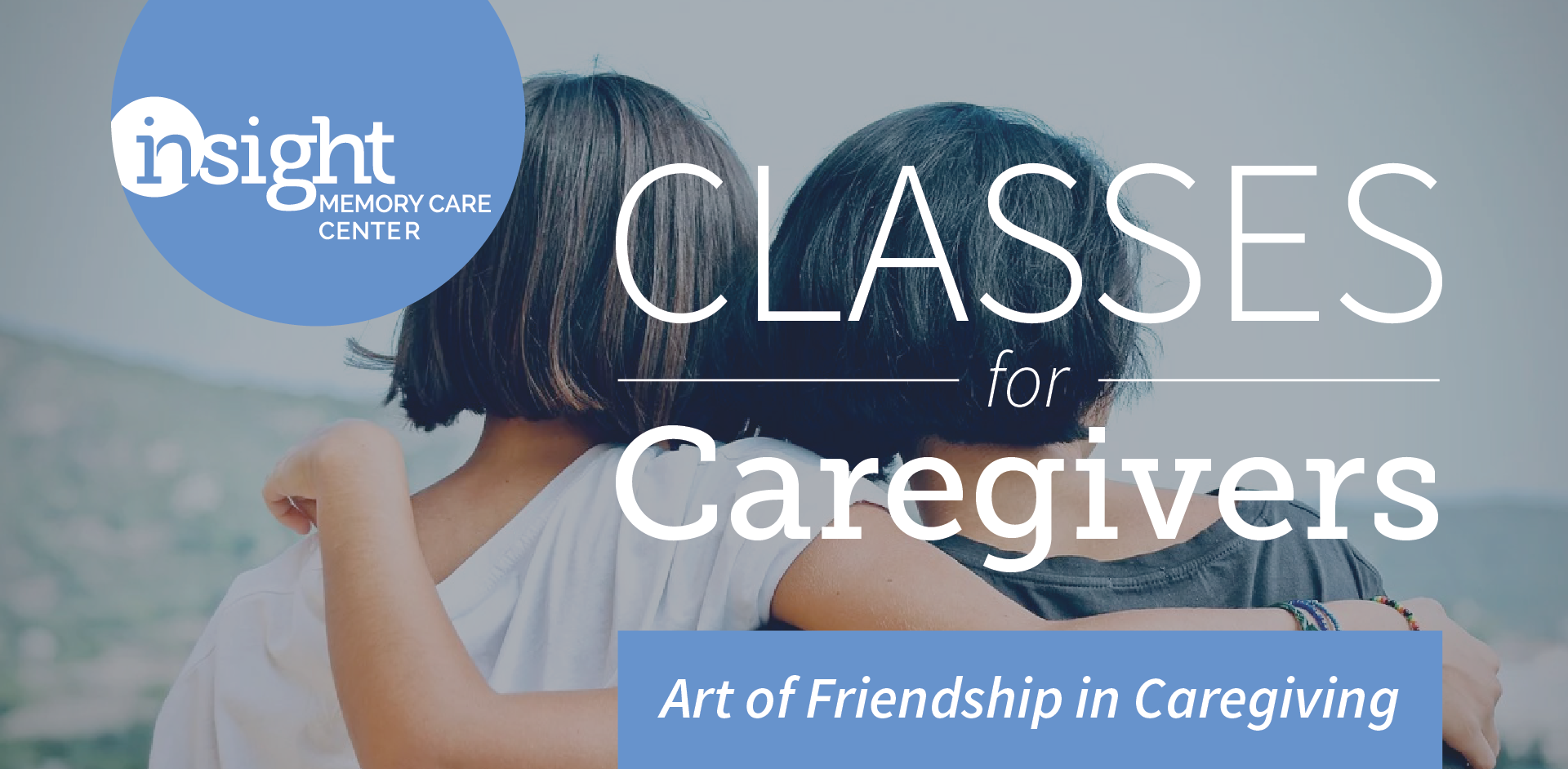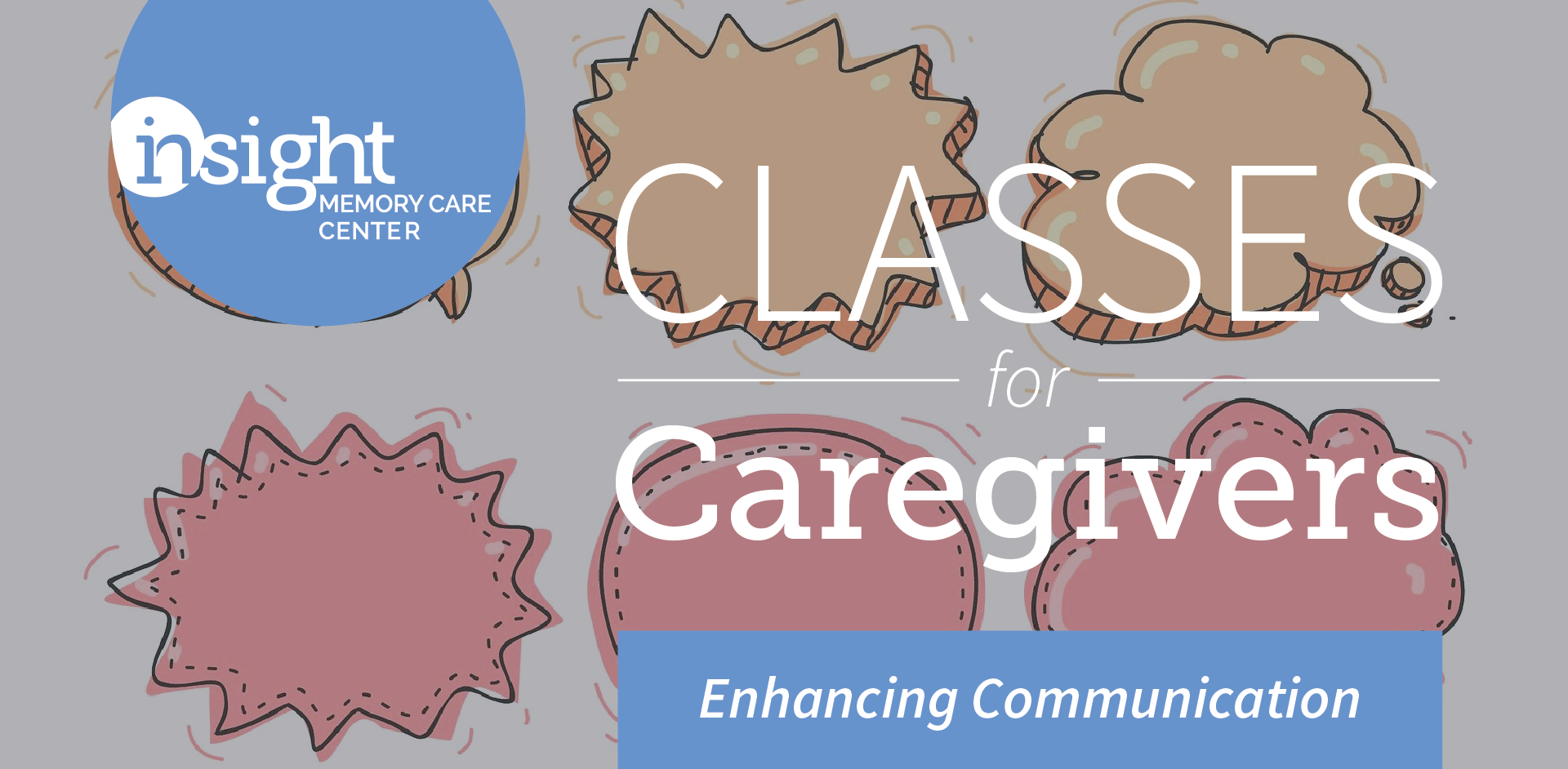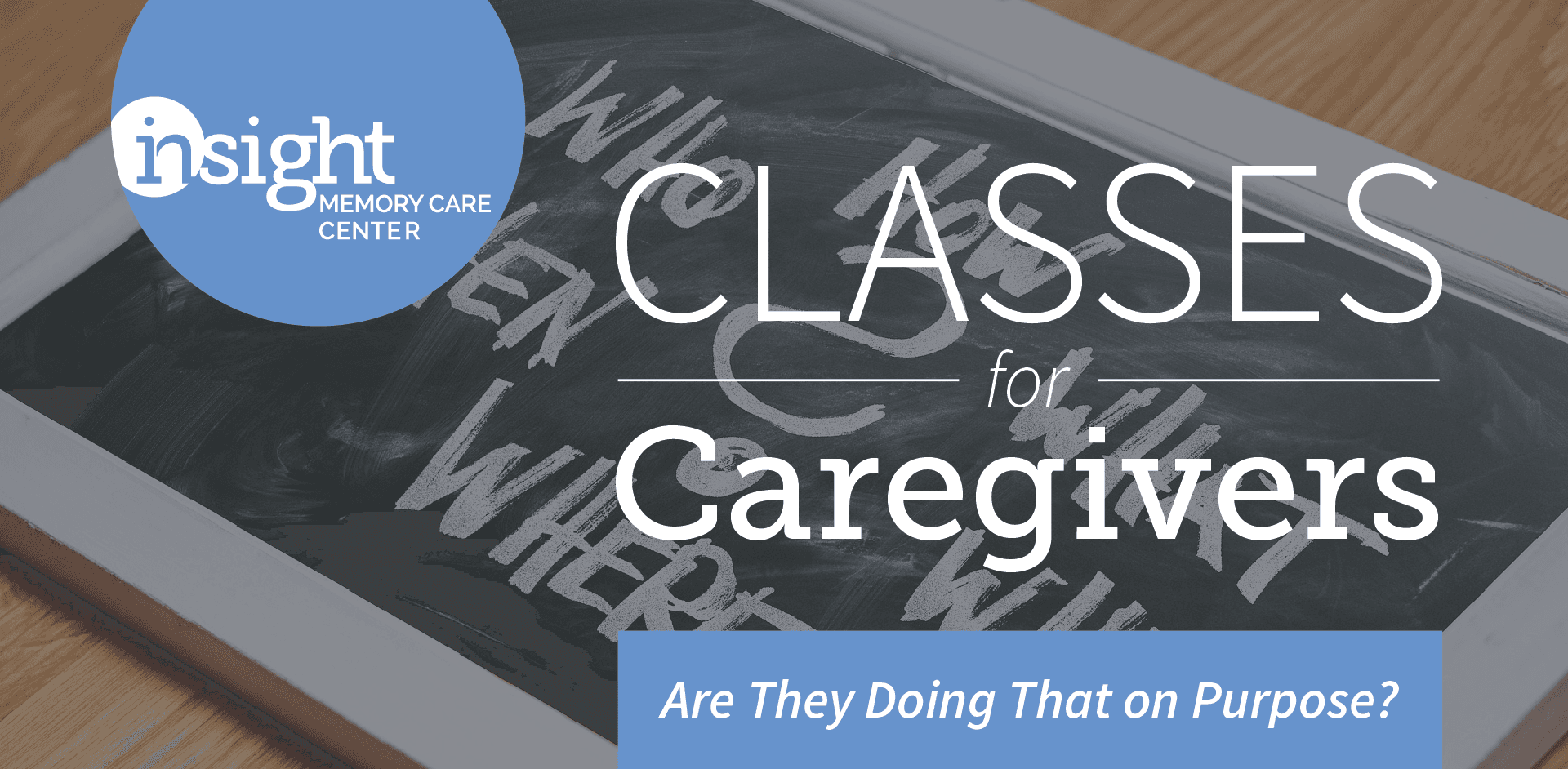Trainings & Webinars
All Recordings
For a person living with dementia, living at home can give you a sense of independence. By making some changes to your home, you are able to continue with the routines or activities you enjoy. Each of these changes can help you stay safe, active, and allow you to continue to enjoy your home.
Solo Agers are older adults that are making decisions about their future independently. Solo Agers face unique vulnerabilities as they age. Solo aging can be full of joys and assets, but early planning is crucial to maintain choice, independence, and satisfaction throughout later life. This means planning so that your home, finances, medical team, and social community are set up for aging well. We discuss the importance of building a support team for Solo Agers, or anyone who is concerned about needing more support. Learn about what you can do in advance to prepare, and stress less!
Frontotemporal dementia or FTD is a progressive disorder of the brain. It can can affect behavior, language skills and movement. Primary Progressive Aphasia (PPA)is one of the subtypes of FTD. Learn more about PPA, including the signs and symptoms, how it differs from other dementias, and the resources available locally and through AFTD.
Are you enrolling in Medicare for the first time or doing some research on the best options for you for 2025? Kevin Chaikin, Licensed Insurance Agent with Medicare Portal, answers the top five frequently asked questions by Medicare beneficiaries, discusses the basics of Medicare, and identifies key milestones and decision points that are critical to get the most out of Medicare and supplemental insurance programs.
The U.S. Food and Drug Administration has approved Kisunla (donanemab-azbt) injection for the treatment of Alzheimer’s disease. Treatment with Kisunla should be initiated in patients with mild cognitive impairment or mild dementia stage of disease, the population in which treatment was studied in the clinical trials. Dr. Pauldurai discusses the new drug, benefits, and answer questions you may have about it.
The financial costs of long-term care and long-term caregiving are enormous. Explore some of your options for this important aspect of caregiving.
Lewy body dementia (LBD) is likely the most common type of dementia you have not heard about. It is the second most common cause of progressive dementia after Alzheimer's disease (AD), but varies greatly from AD in many ways. Learn more about makes LBD so unique, misunderstood, and challenging to diagnose and treat.
More than 70 percent of older people have experienced a psychologically traumatic event. Trauma-informed care is an under-utilized yet potentially beneficial approach to care for older adults in many settings. Learn more!
We look at the importance of creating social circles in the LGBTQ community while navigating dementia. Being LGBTQ and living with dementia and/or caring for someone with dementia brings many unique challenges to the journey. Join us to discuss the importance of creating social circles of support and strategies for doing so. We will also identify community resources to support caring for someone living with dementia.
Age-related cognitive decline has a profound impact on the daily functioning of older adults, their families and healthcare systems. Currently 46.8 million people worldwide are living with dementia. This number will double by 2030 and more than triple by 2050. We will discuss these statistics and how a structured exercise program in a community setting for older, sedentary adults is associated with benefits to physical and cognitive health.
Dementia does not discriminate - it affects people of all cultures and backgrounds. People’s backgrounds and beliefs inform their sense of self, how they understand, feel about, and respond to other people and their environment - including diagnoses, health and care organizations and their staff. It is important to know how to best provide care to meet one's needs while recognizing their cultural values and beliefs. Join us for an in-depth training on cultural specific care and how you can meet the person where they are with their needs.
Navigating family dynamics can be tricky on a good day - but add in a dementia diagnosis and things get even more complex. Learn more about navigating these new dynamics!
By taking part in research, volunteers play a vital role in helping scientists understand more about the complex diseases that cause dementia. This means new ways to diagnose, prevent and treat these diseases can be developed and tested. Progress in dementia research just wouldn’t be made without the contributions volunteers make by participating in research. Learn more about the why and how of dementia research.
There are plenty of good reasons to be physically active. Big ones include reducing the odds of developing heart disease, stroke, and diabetes. Maybe you want to lose weight, lower your blood pressure, prevent depression, or just look better. Here's another one, which especially applies to those of us experiencing the brain fog that comes with age: exercise changes the brain in ways that protect memory and thinking skills. Studies show regular aerobic exercise appears to boost the size of the hippocampus, the brain area involved in verbal memory and learning. Learn more about why and how to exercise for the good of your brain!
Caring for a loved one with dementia poses many challenges for families and caregivers. People with dementia from conditions such as Alzheimer’s and related diseases have a progressive biological brain disorder that makes it more and more difficult for them to remember things, think clearly, communicate with others, and take care of themselves. In addition, dementia can cause mood swings and even change a person’s personality and behavior. We will look at practical strategies and medications (if needed) for dealing with the troubling behavior problems and communication difficulties often encountered when caring for a person with dementia.
Are you enrolling in Medicare for the first time or doing some research on the best options for you for 2024? Kevin Chaikin, Licensed Insurance Agent with Medicare Portal, answers the top five frequently asked questions by Medicare beneficiaries, discusses the basics of Medicare, and identifies key milestones and decision points that are critical to get the most out of Medicare and supplemental insurance programs.
We Danced is a loving and thoughtfully written tribute to the author’s wife and their years together. The details of her journey with frontotemporal dementia and the author’s experiences as a care partner are presented in a manner that is truly illustrative of his devotion to her. The ways in which they continued to celebrate life after her diagnosis and the tips shared are valuable and beautiful insights for those living with dementia and their care partners.
Medical errors are the eighth leading cause of death in the United States, and a critical subgroup of these errors is that of patients who are harmed by pharmaceuticals that are intended to help them. Some of these mistakes occur in a hospital or other facility, yet a significant number take place at home. Elderly patients who could have limited resources, multiple diagnoses, numerous medications, and failing sensory or cognitive abilities may become confused regarding their drug regimen. Learn more about what you and your family need to know regarding older adults and medications.
Learn more about what you and your family should know about Parkinson's Disease. We will discuss a basic overview of Parkinson’s disease, along with what Parkinson’s is, what causes it, common symptoms, treatments, and strategies for managing symptoms.
You’ve probably seen the headlines about Leqembi, the new FDA approved treatment for those with early Alzheimer’s disease. But what does Leqembi do differently? Is it better than older treatments? Find out the answers to these questions and more!
What is frontotemporal degeneration (FTD)? Did you know it is the most common form of dementia for people under the age of 60? Learn more about FTD, including the signs and symptoms, how it differs from other dementias, and the resources available locally and through AFTD.
When you think of fitness, you probably picture weights or running. We all know the importance of staying active, but what about brain fitness? There are many activities and cognitive interventions that can help keep your brain sharp too! Learn more about this important aspect of overall fitness, and what activities you can do to maintain brain fitness as you age.
In the early stages some people are able to keep driving, but as memory and decision-making skills decline they need to stop. What makes this especially hard is that people with dementia often do not know they are having driving problems! Family and friends need to monitor the person’s driving ability to decide when it’s time to give up the keys. Learn more about driving assessments and other options to keep everyone safe on the road.
The financial costs of long term care and long term caregiving are enormous. The Alzheimer’s Association shares that a person with Alzheimer’s lives four to eight years after diagnosis on average, but can live as long as 20 years - and you want to provide quality care for your loved one during this time! Explore some of your options for this important aspect of caregiving.
Dementia, depression, and delirium can have many overlapping symptoms that can be hard to distinguish as a care partner. Both delirium and depression can cause cognitive changes that can easily be mistaken for dementia – but they can be treated differently to help your loved one significantly! Learn more about these 3 Ds and how to work with your physician to tell the difference.
As we age, many will experience changes in balance and gait. When Alzheimer’s disease or other dementias are present, this can complicate things even further! Join us to learn more about balance and gait changes, along with ways to improve mobility at home!
Alzheimer’s and other dementia disproportionately affect older Black and Hispanic Americans compared to older Whites, according to the Alzheimer’s Association.
Dr. Carl V. Hill, chief diversity, equity, and inclusion officer for the Alzheimer’s Association, will join us to discuss how recent research ties poor social determinants of health and health equity issues to disproportionate rates of dementia in minority populations.
Around 3 million LGBTQ+ adults are over age 50, and those that receive a dementia diagnosis face a particularly challenging set of circumstances. Many, including care partners, face disproportionately high levels of social isolation and stigmatization as they age, making it difficult to find support. Join us to learn about resources and safe supports.
Lewy body dementias (LBD) affect an estimated 1.4 million individuals in the United States. Though many families are affected by this disease, few individuals and medical professionals are aware of the symptoms, diagnostic criteria, or even that LBD exists! Join us to learn more common symptoms, presentations of LBD, and ways to live well going forward.
The caregiving journey will have you experiencing many highs and lows. We’ll discuss the variety of emotions that are often felt by caregivers and tips on going along for the ride.
As the end of life approaches, it is a difficult time to deal with the emotions, while still coordinating care for a loved one. Come learn about the various aspects and benefits of palliative care and hospice.
The financial costs of long-term care and long-term caregiving are enormous. Explore some of your options for this important aspect of caregiving.
Dementia care is not one size fits all. Each person, each stage, and each family is unique. Come and learn about multiple care options to plan and evaluate what is right for your family.
How can you reconnect with someone with dementia? Keeping their current abilities in mind, learn ways to keep your loved one engaged in personalized activities.
Make each day more successful! Learn tips and tricks for providing hands-on care for eating, dressing, bathing, hygiene and toileting.
Join this virtual event to learn more about supporting the unique needs of LGBTQ+ older adults, including intentional language and communication, the importance of proactive planning, and assembling a safe and inclusive team of care.
Communication can become difficult as you struggle to meet and understand the needs of your loved one. Come and learn strategies for effective communication and understanding and responding to difficult behaviors.
For the Spring 2022 session, we'll be going beyond the diagnosis to aging-in-place, as we learn more about living well with dementia. We know it can be hard as a busy caregiver to find all the information you need to best care for your loved one with dementia. Insight offers the Caregiver Bootcamp to help you learn more about essential caregiving topics, all in one place! Learn from experts in their fields and gain knowledge on the basics you need to know as a caregiver.
There are many legal needs to be taken care of such as powers of attorney, wills and estates, guardianships, and trusts. An elder law attorney will help you get your ducks in a row.
Dementia care is not one size fits all. Join us to discuss how to build a care team, who should be part of the team, and ways that the team can provide care and support to you and your loved one now and in the future.
We will discuss common dementias and general stages to help you anticipate future changes. Learn about the treatment of symptoms, current research, and clinical trials available.
What’s normal and when is it time to ask your doctor if it’s something more? Join us for a discussion on changes that occur with age, warning signs of a memory problem, and what to do if someone you love is experiencing symptoms of dementia.
Sharing her own experience caring for her mom, join us for a presentation with author, Loretta Woodward Veney. She offers practical tips, tools and activities for lifting care partners’ spirits and uncovering their joy through the toughest challenges of caregiving and launching into the new year.
The caregiving journey will have you experiencing many highs and lows. We’ll discuss the variety of emotions that are often felt by caregivers and tips on going along for the ride.
As the end of life approaches, it is a difficult time to deal with the emotions, while still coordinating care for a loved one. Come learn about the various aspects and benefits of palliative care and hospice.
We know it can be hard as a busy caregiver to find all the information you need to best care for your loved one with dementia. Insight offers the Caregiver Bootcamp to help you learn more about essential caregiving topics, all in one place! Come and learn from experts in their fields and gain knowledge on the basics you need to know as a caregiver.
Dementia care is not one size fits all. Each person, each stage, and each family is unique. Come and learn about multiple care options to plan and evaluate what is right for your family.
How can you reconnect with someone with dementia? Keeping their current abilities in mind, learn ways to keep your loved one engaged in personalized activities.
Communication can become difficult as you struggle to meet and understand the needs of your loved one. Come and learn strategies for effective communication and understanding and responding to difficult behaviors.
There are many legal needs to be taken care of such as powers of attorney, wills and estates, guardianships, and trusts. An elder law attorney will help you get your ducks in a row.
Dementia care is not one size fits all. Join us to discuss how to build a care team, who should be part of the team, and ways that the team can provide care and support to you and your loved one now and in the future.
We will discuss common dementias and general stages to help you anticipate future changes. Learn about the treatment of symptoms, current research, and clinical trials available.
Join us to learn about changes that occur with age, warning signs of a memory problem, and what to do if someone you love is experiencing symptoms.
Learn how to use elements of friendship - knowing the person well, enjoying activities together, communication, building self-esteem, and laughter - to make you a better caregiver!
As the end of life approaches, it is a difficult time to deal with the emotions, while still coordinating care for a loved one. Come learn about the various aspects and benefits of palliative care and hospice.
A trip to the hospital for a person with dementia can be stressful for both parties. Join us to discuss ways you can relieve some of this stress by preparing for both unexpected and planned hospital visits.
Dementia care is not one size fits all. Each person, each stage, and each family is unique. Come and learn about multiple care options to plan and evaluate what is right for your family.
Communication abilities change as dementia progresses. We'll walk through each stage to learn skills that can help ease frustration and lead to successful interactions with your loved one.
For those with cognitive impairments, sometimes the only form of communication provided is through behavior, both positive and negative. Come and learn strategies for understanding and responding to difficult behaviors.
The financial costs of long term care and long term caregiving are enormous. Explore some of your options for this important aspect of caregiving.
Webinars
"After meeting with you, I've changed my approach in dealing with her memory loss, and my wife and I are so much happier."



